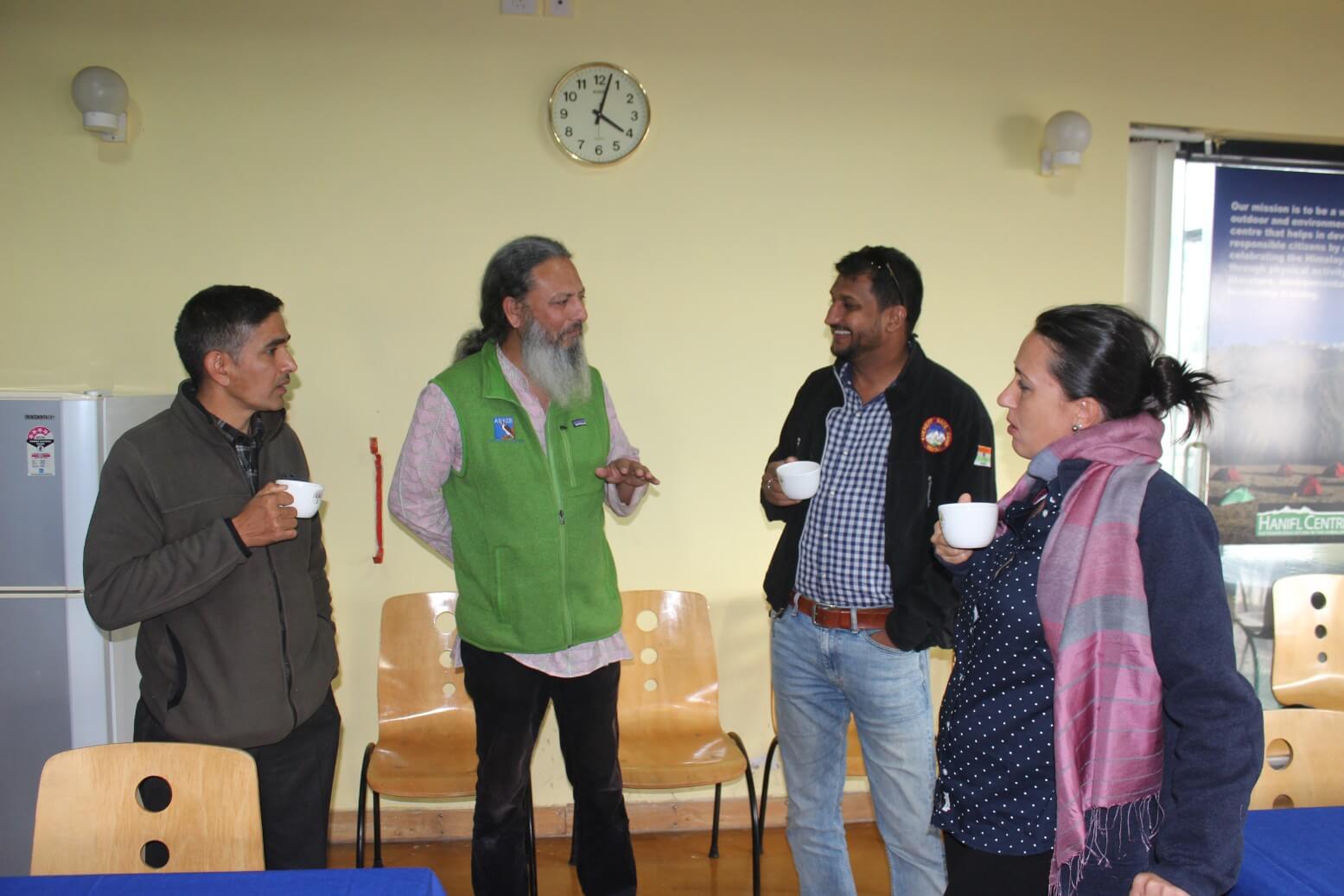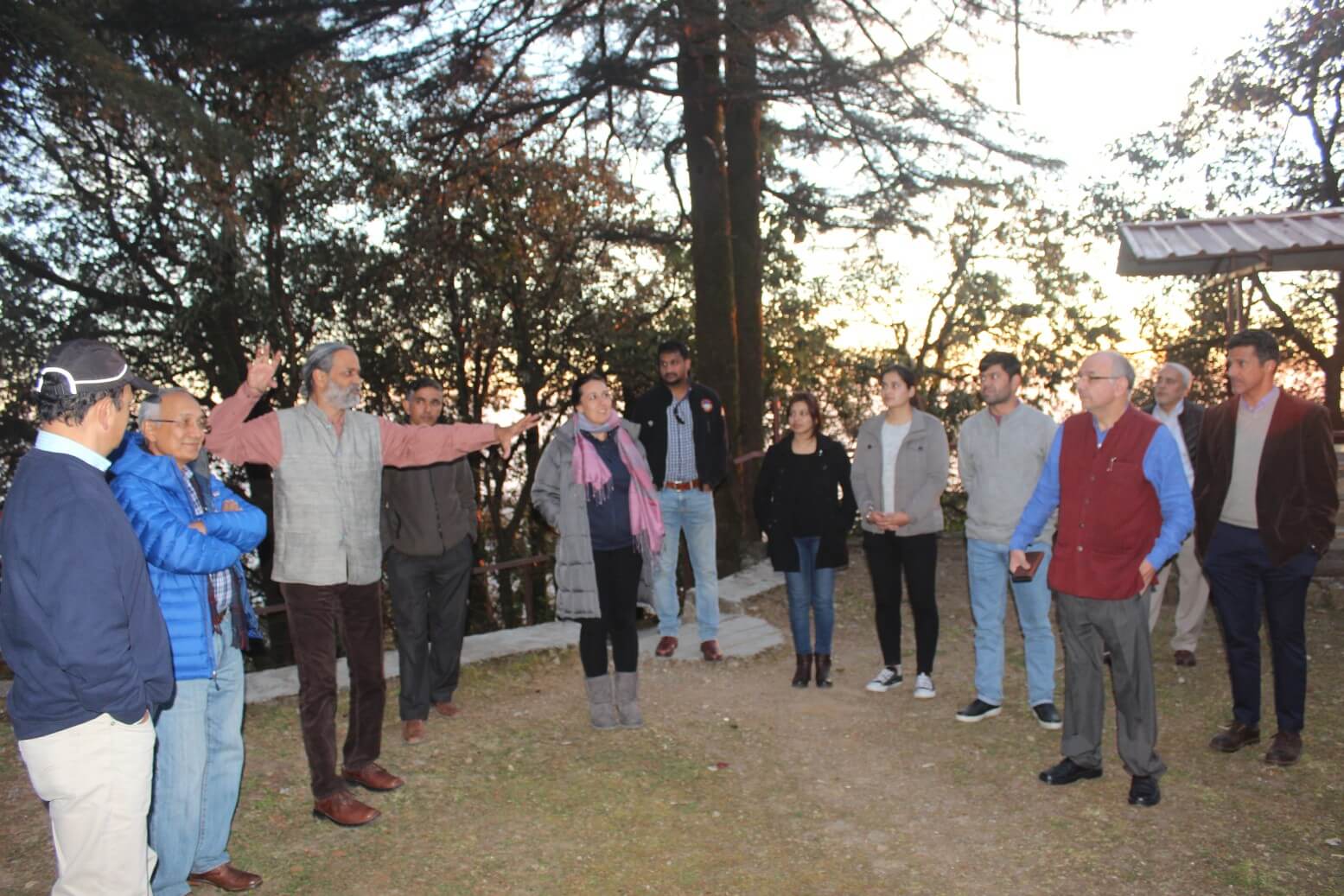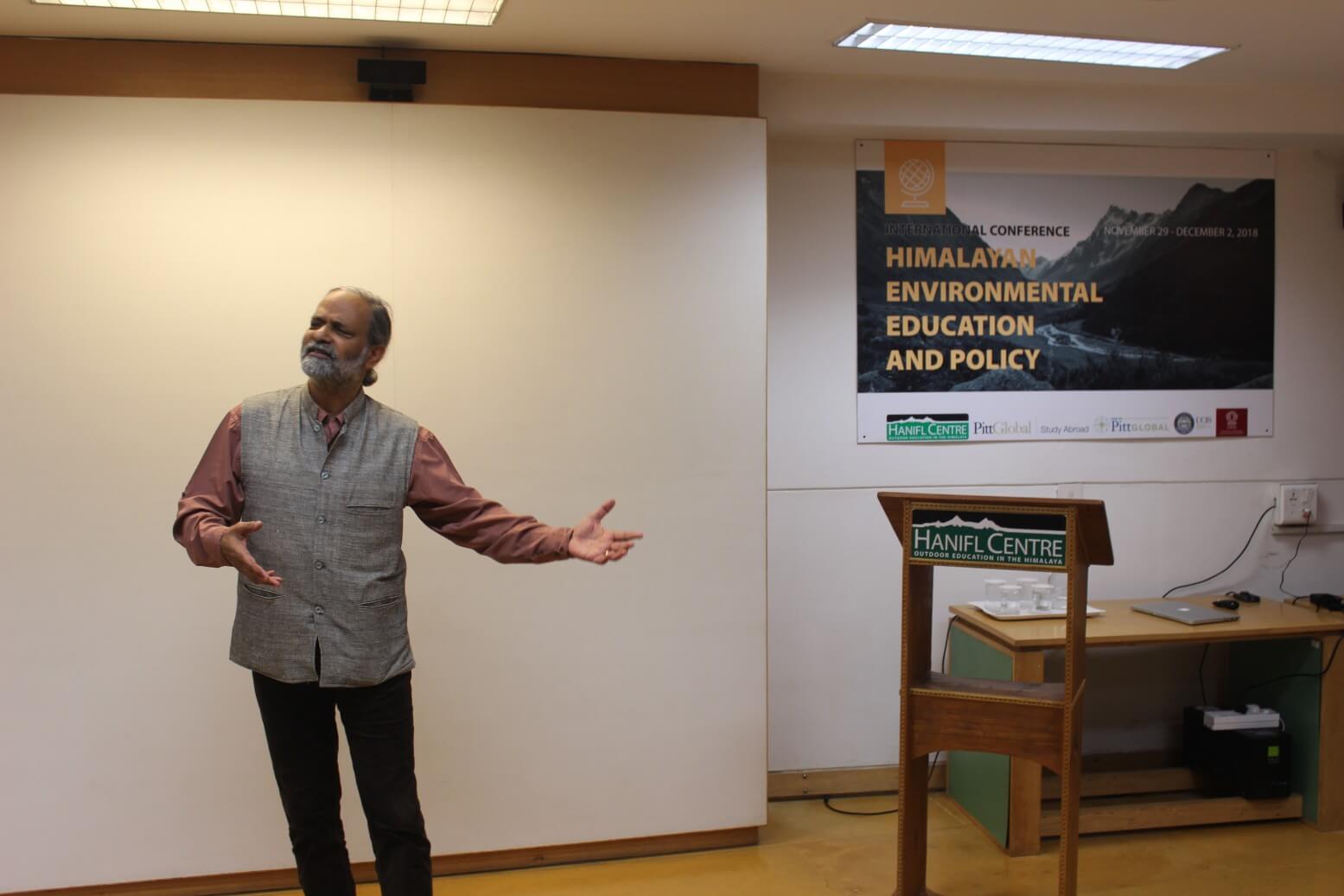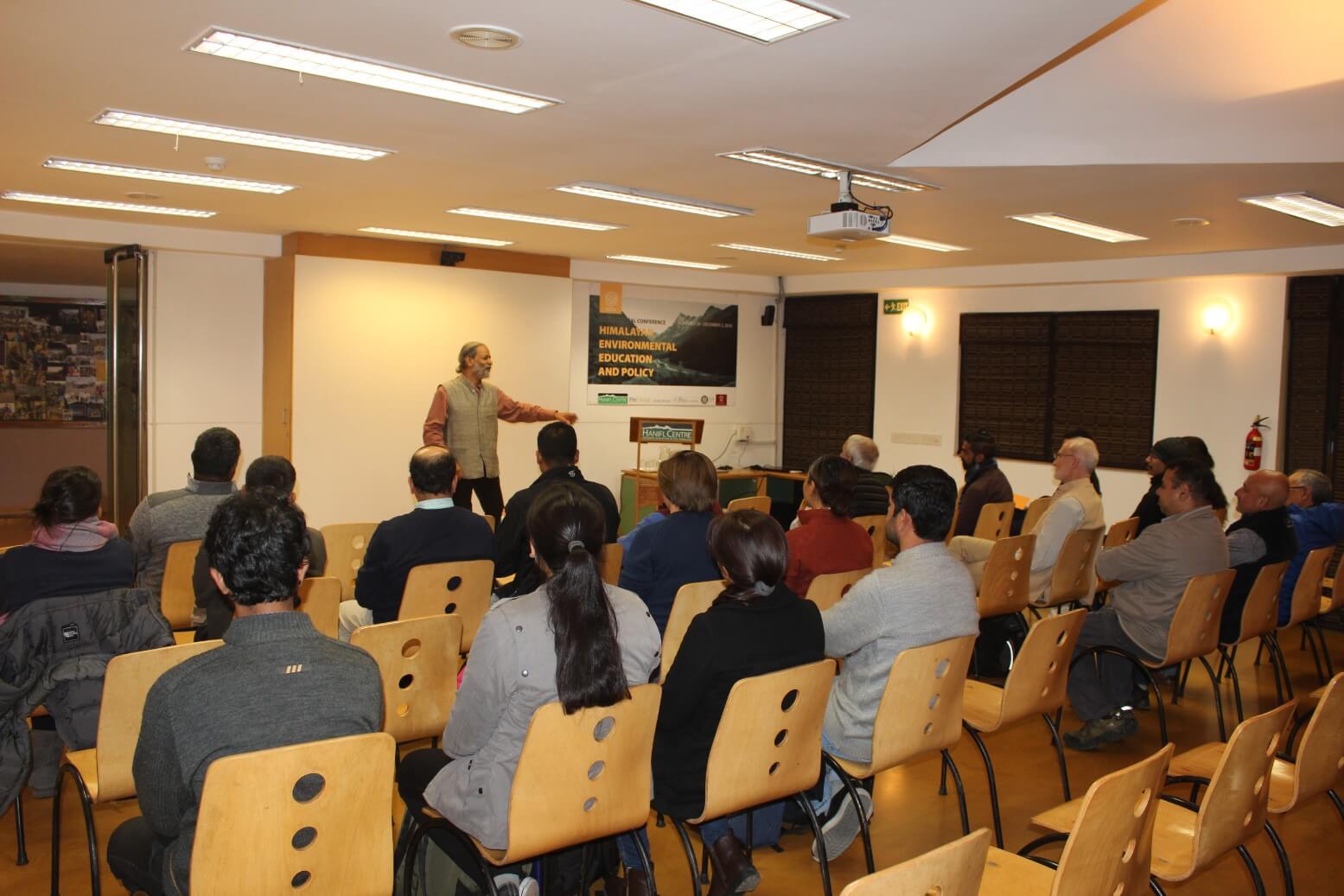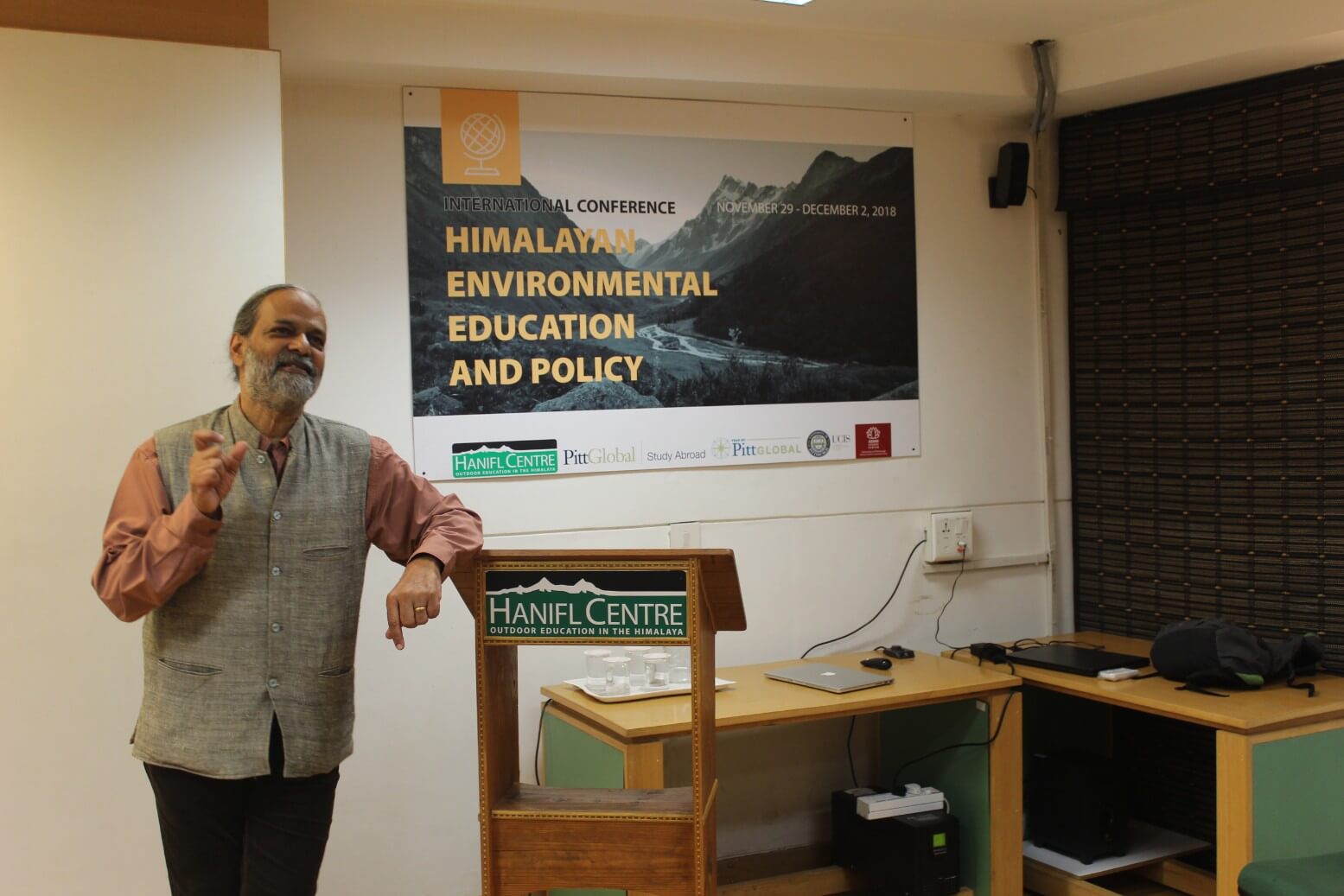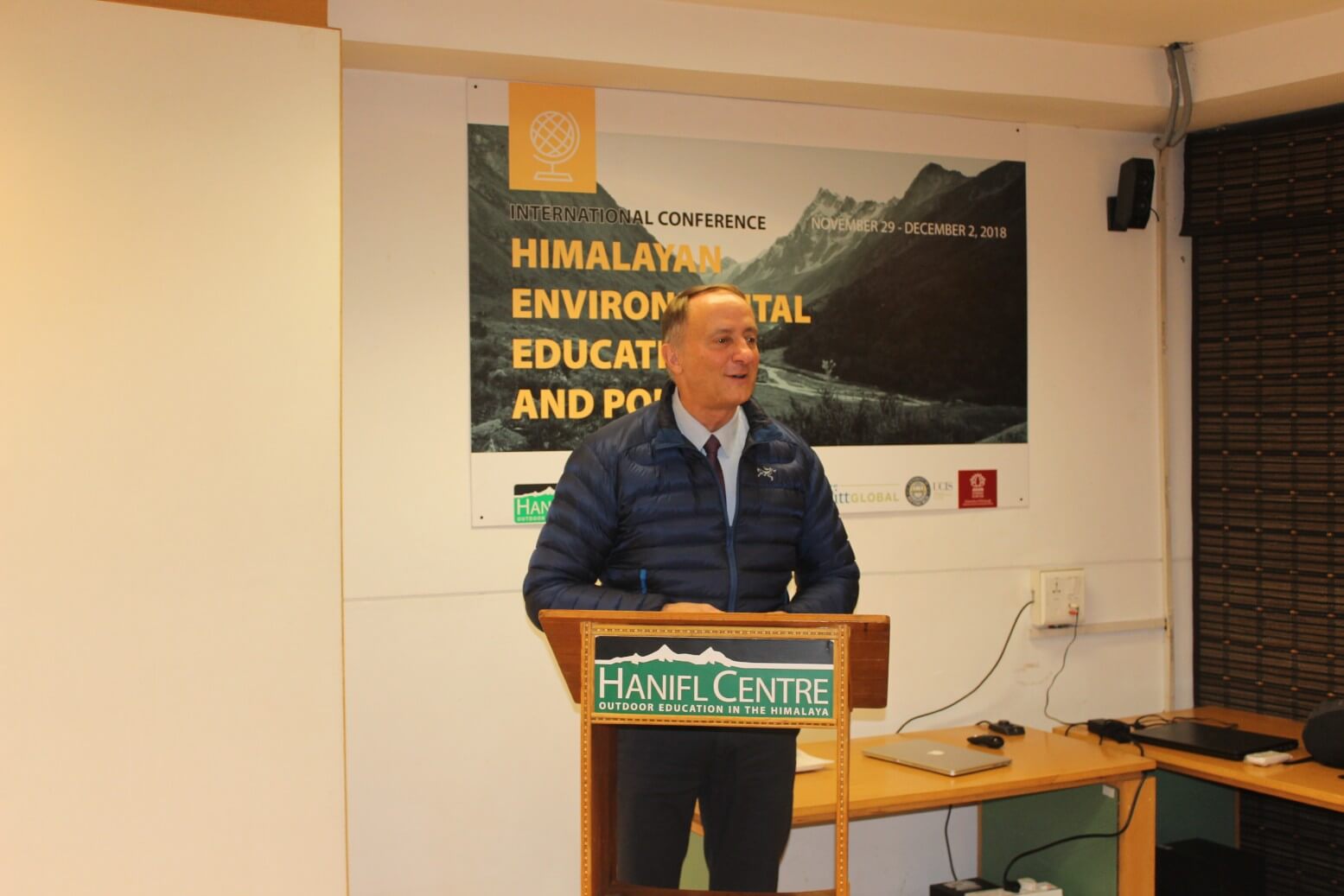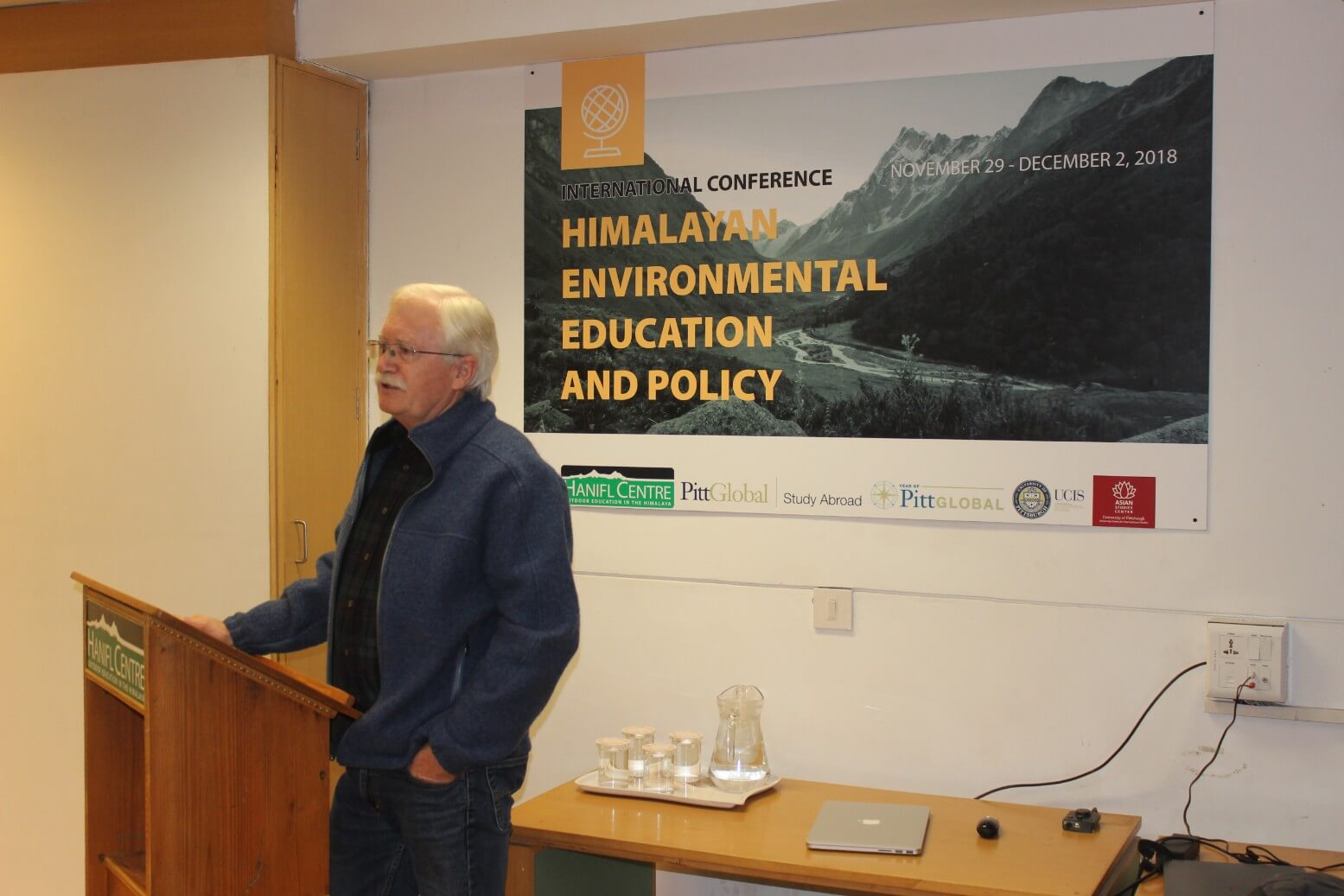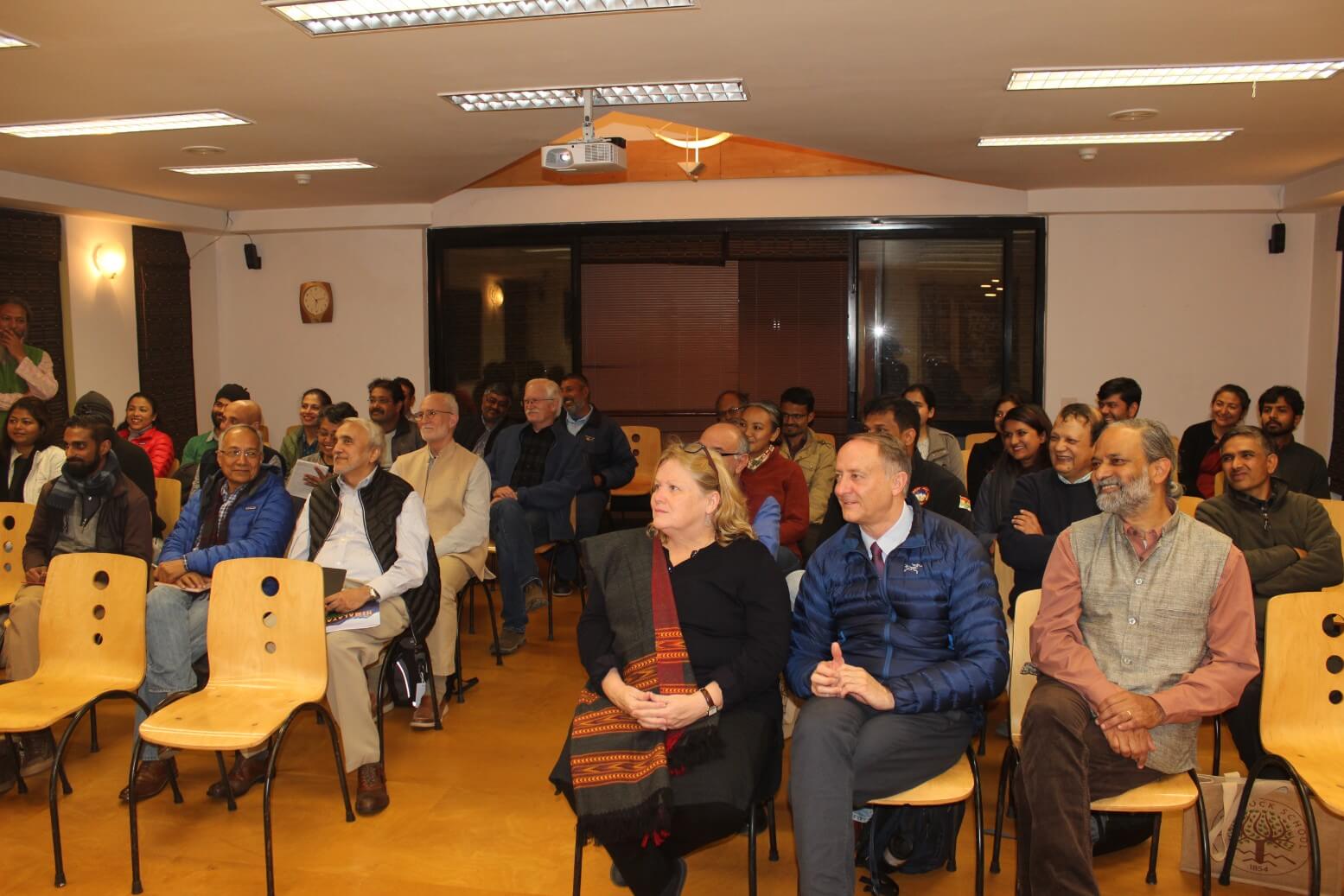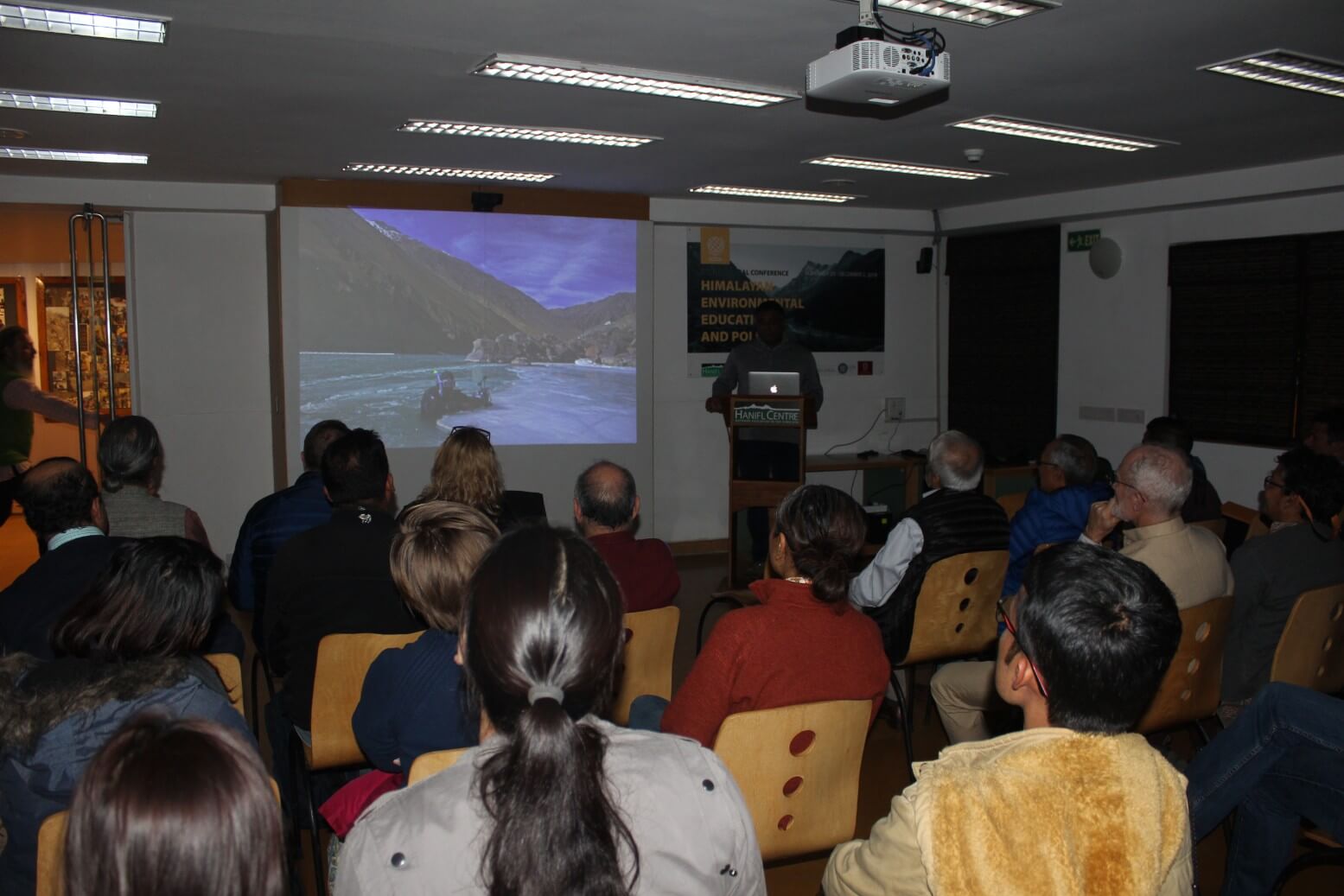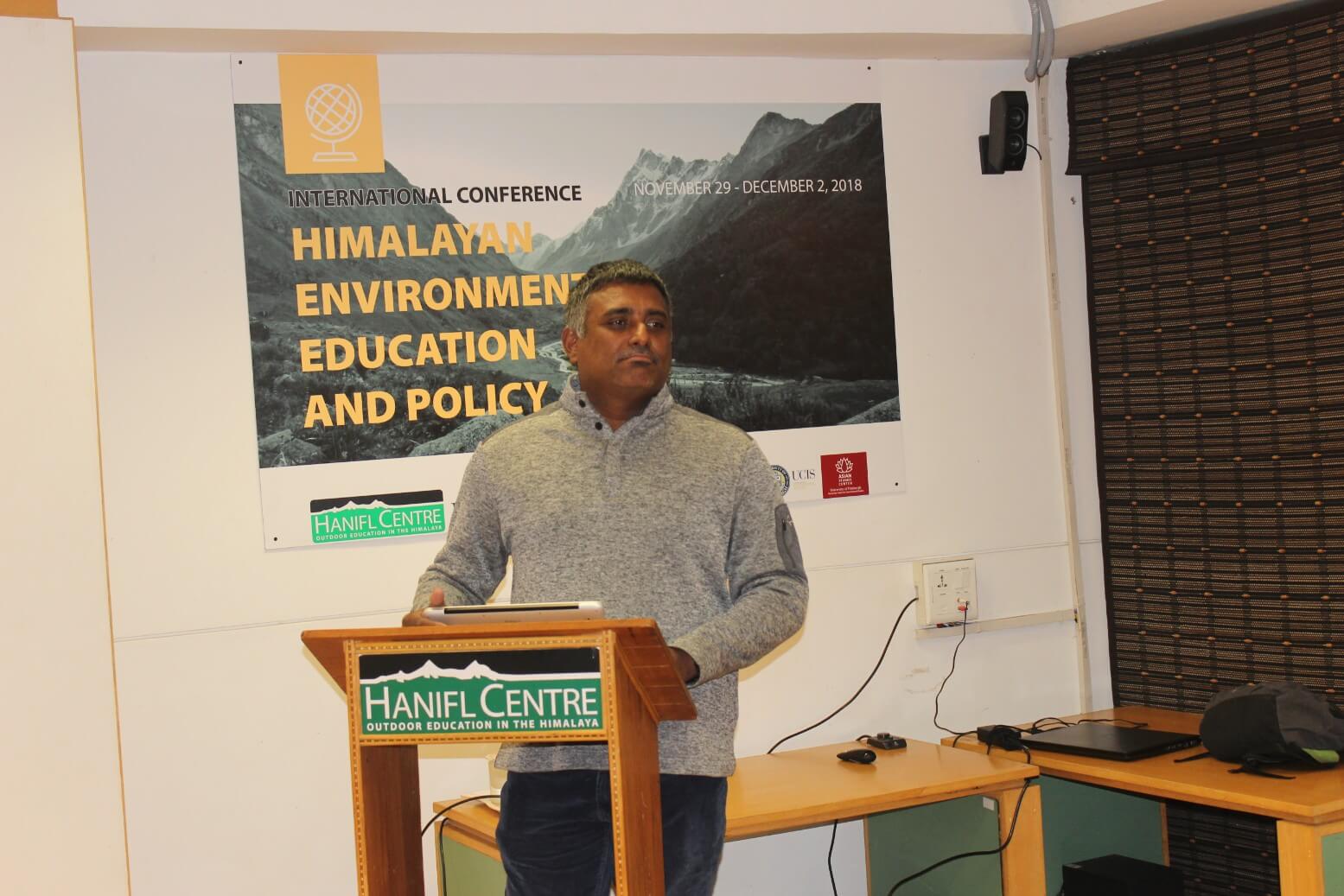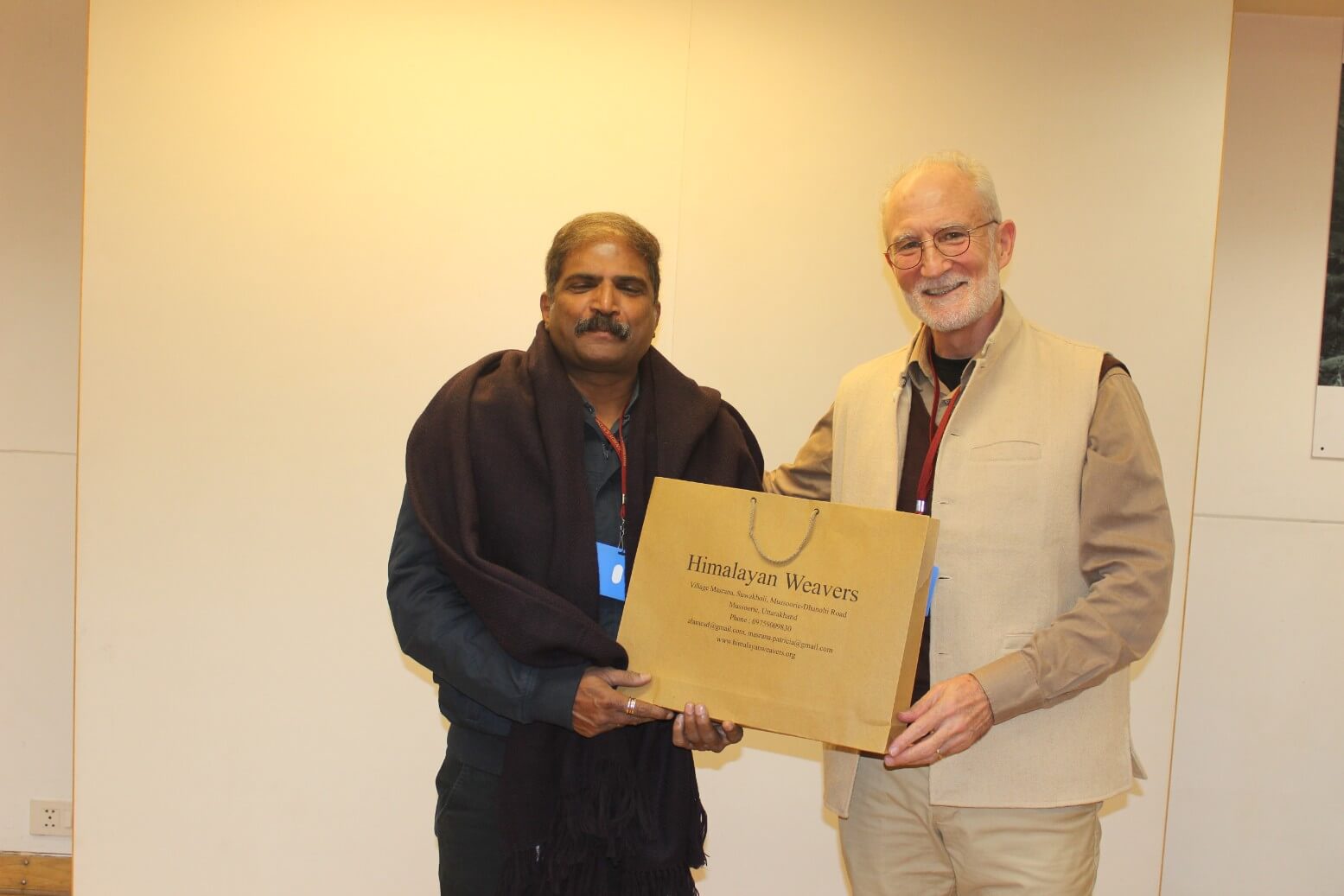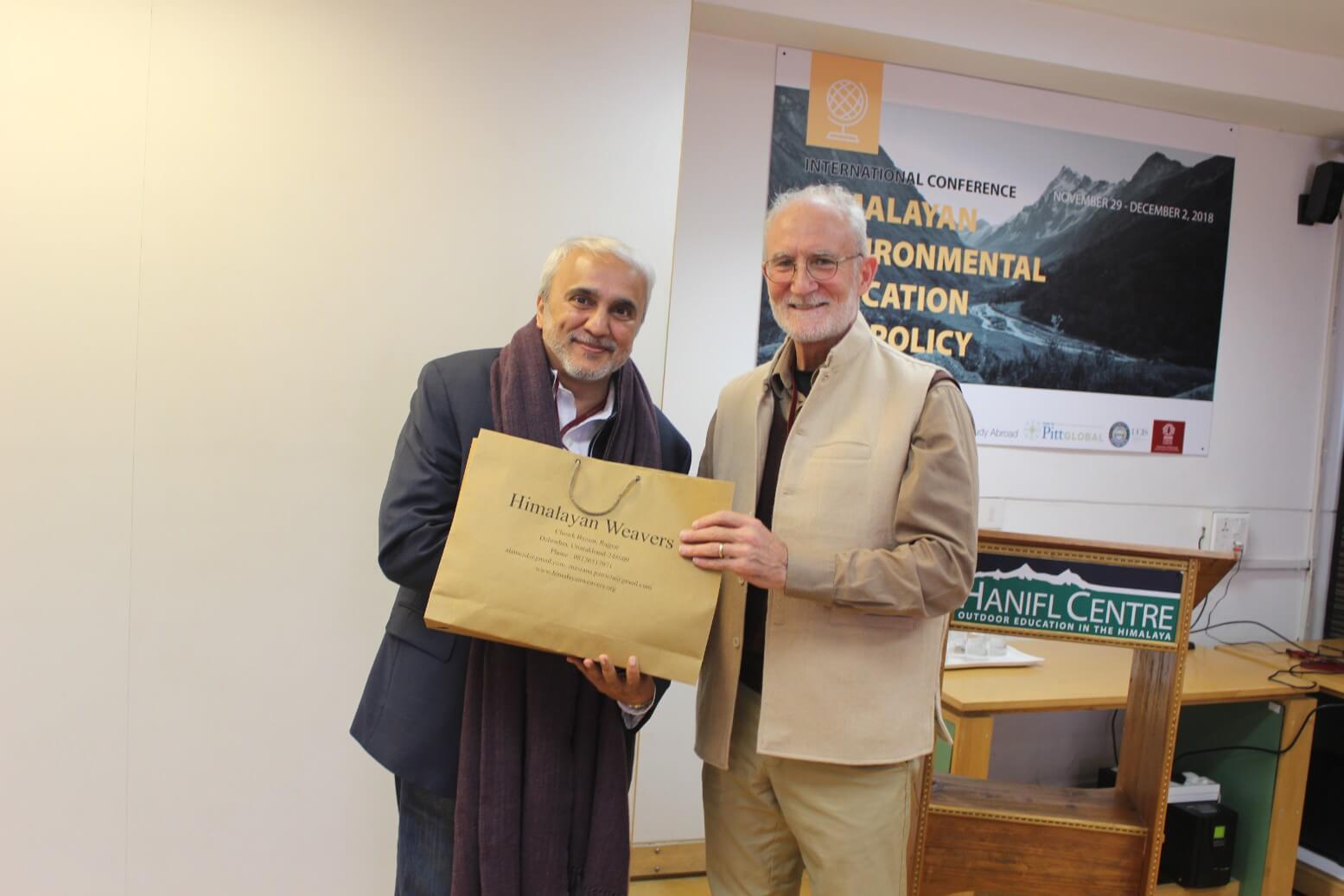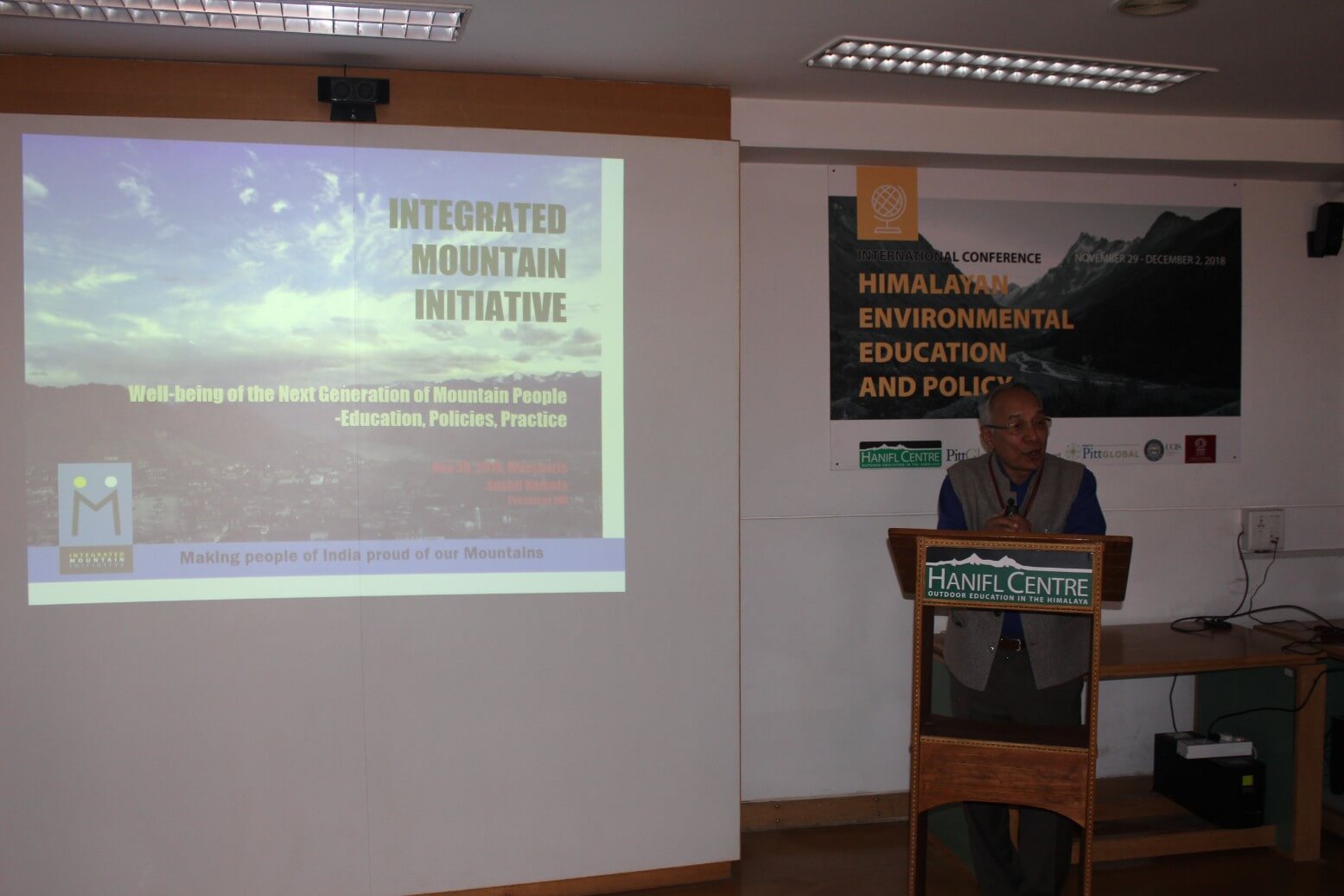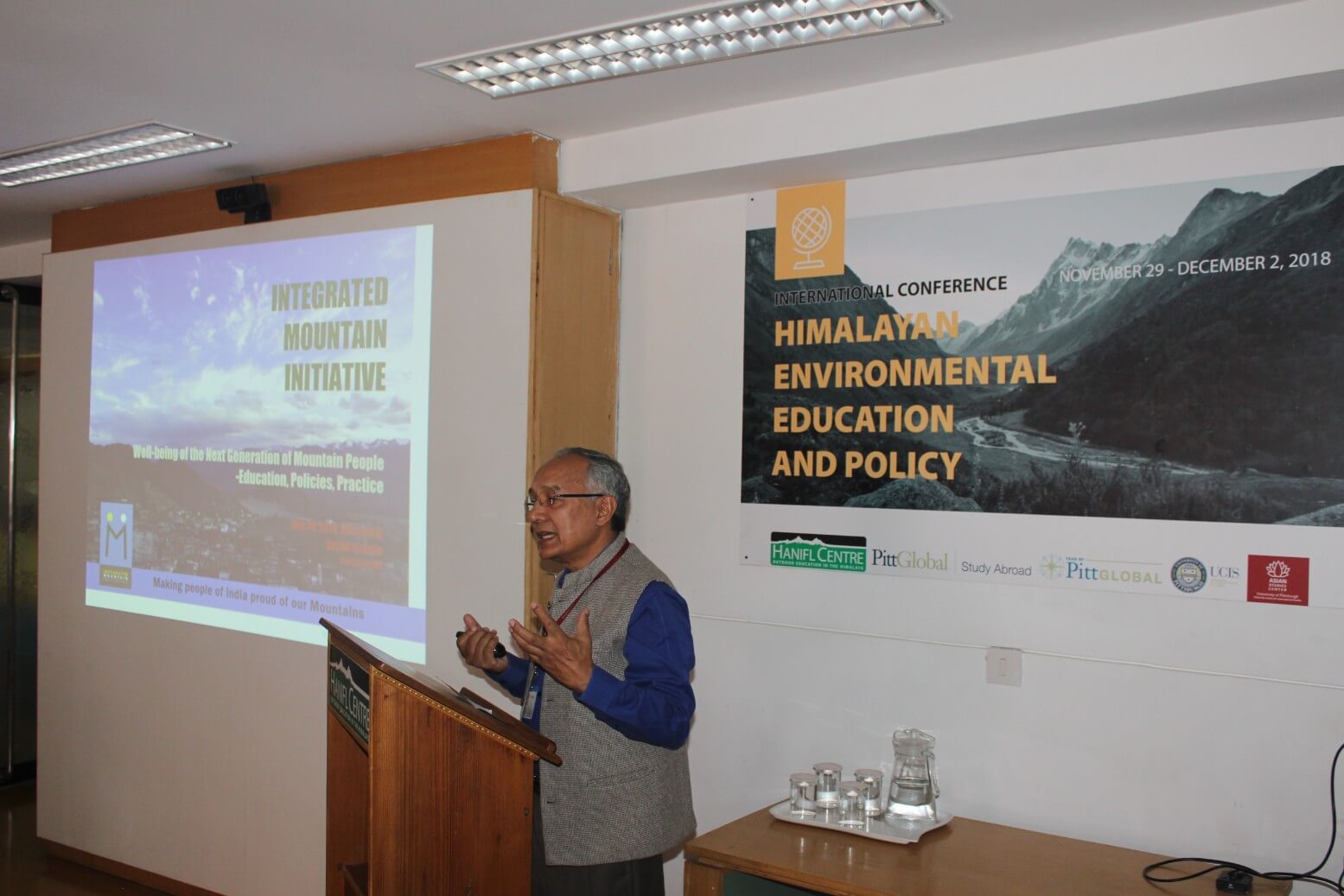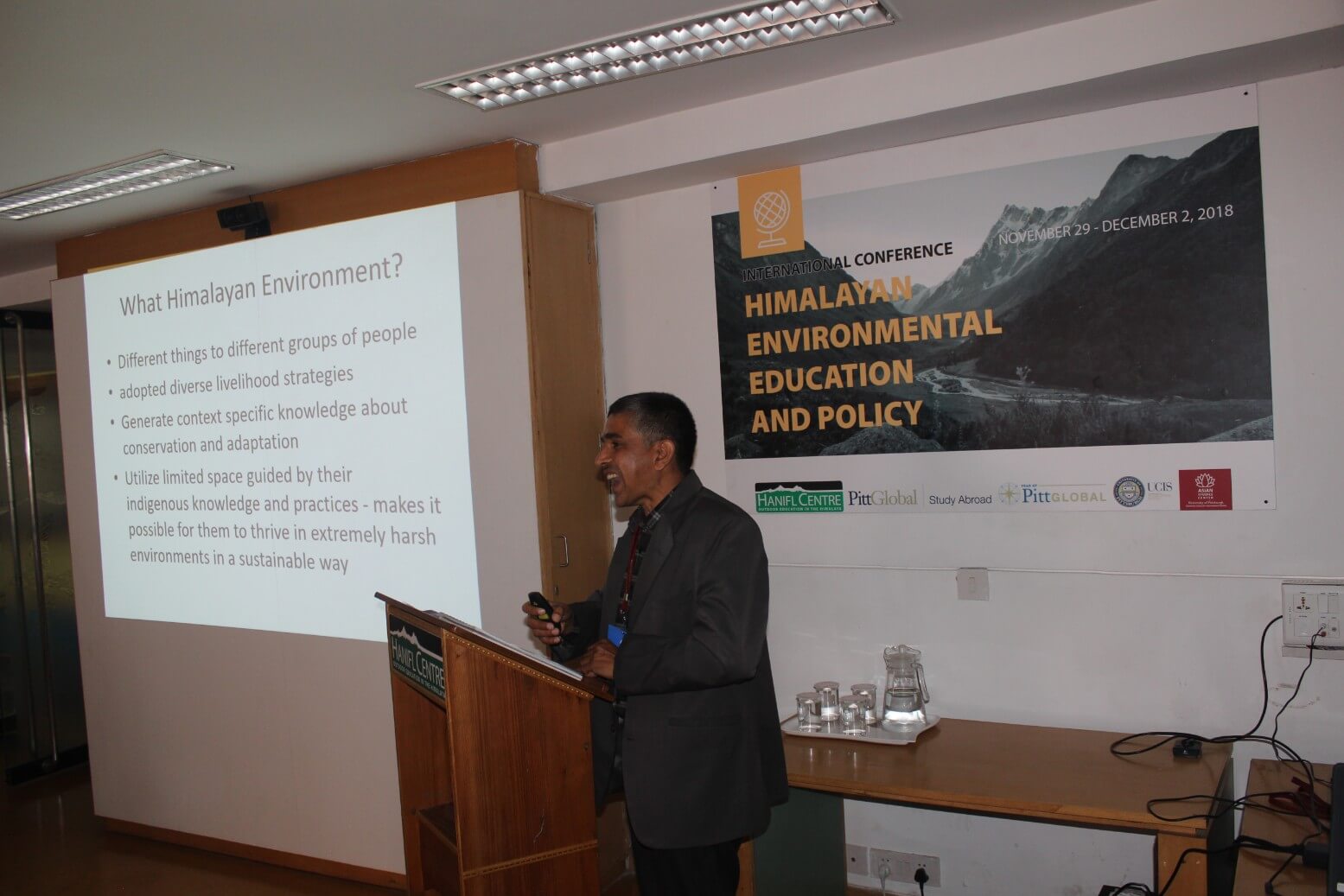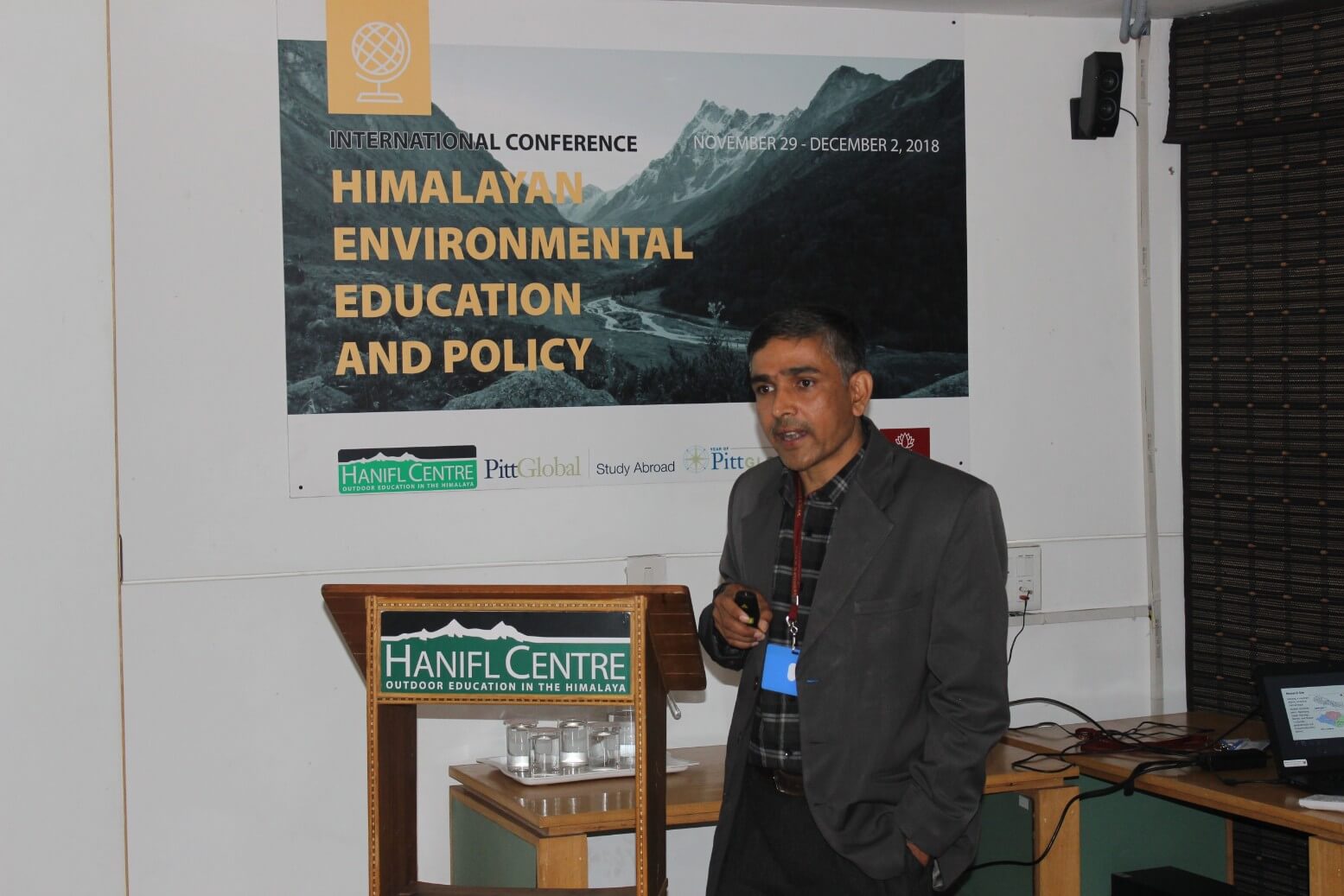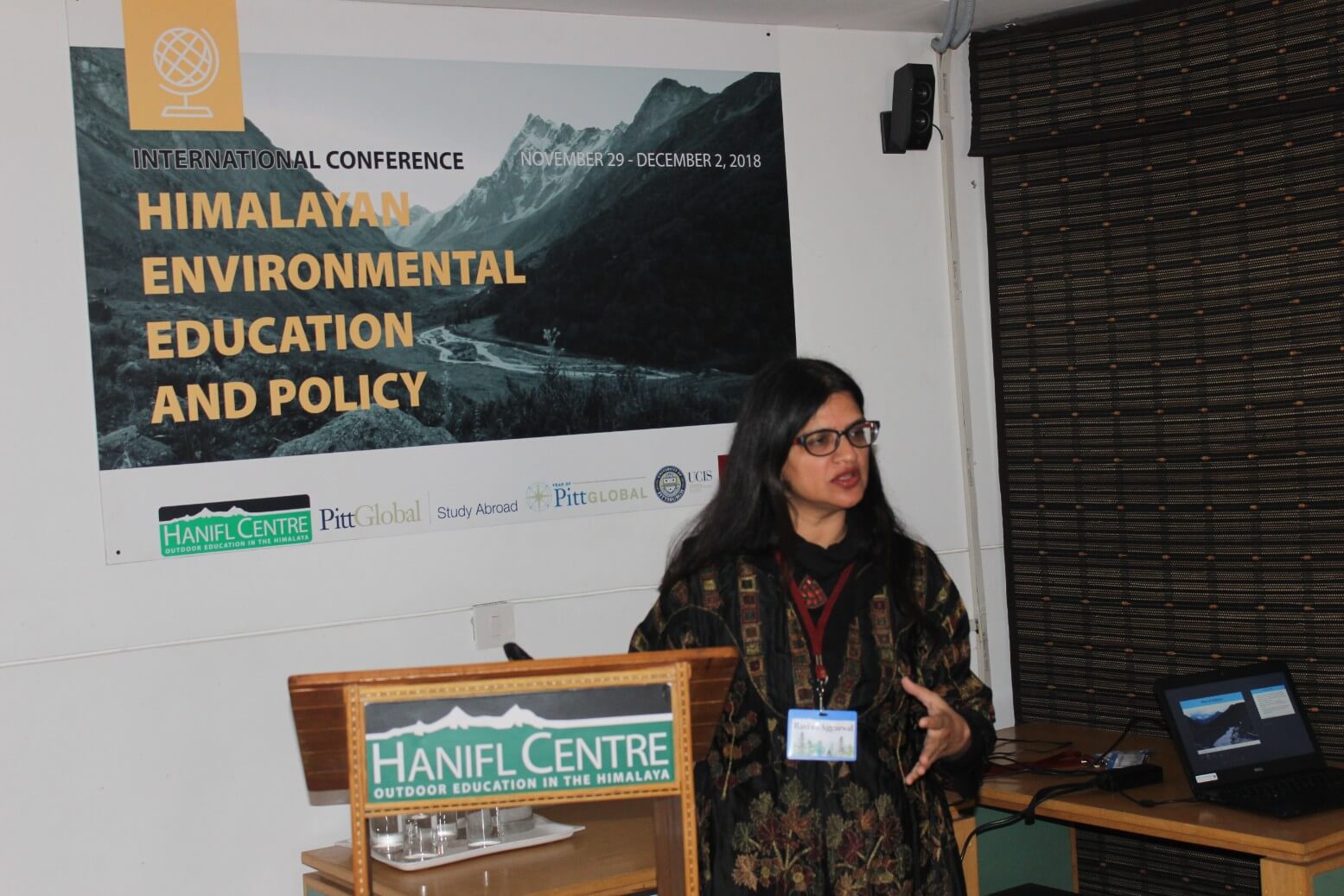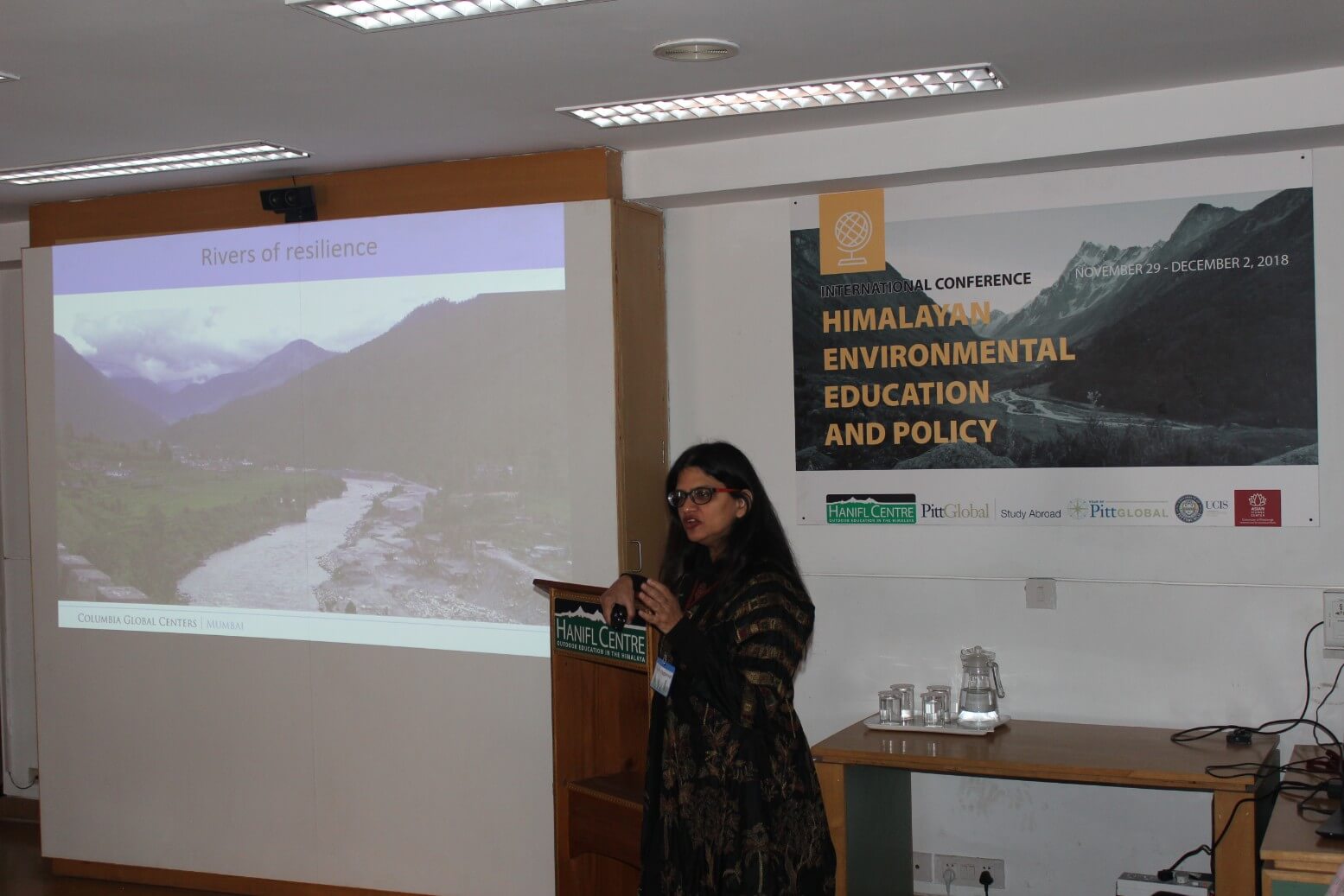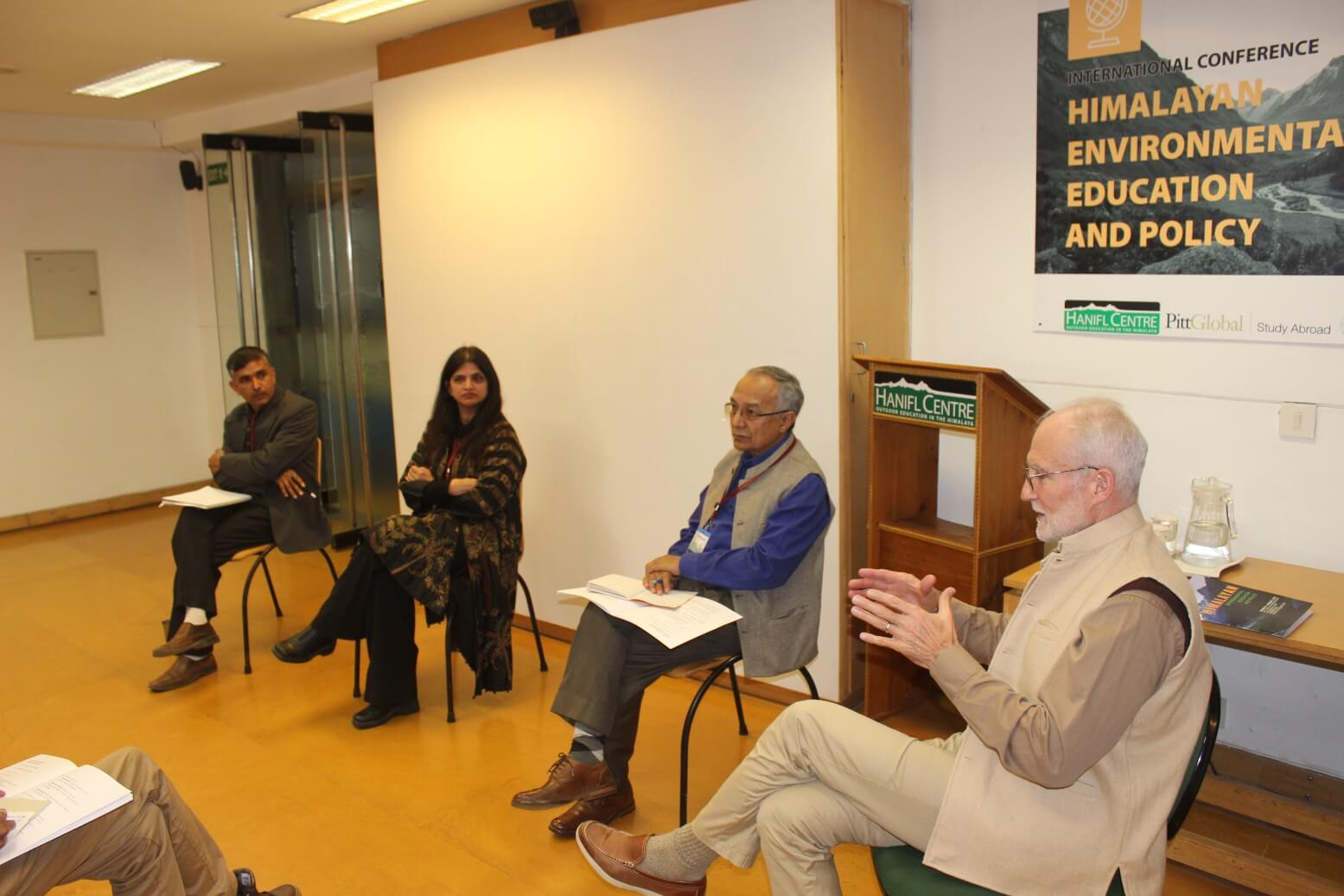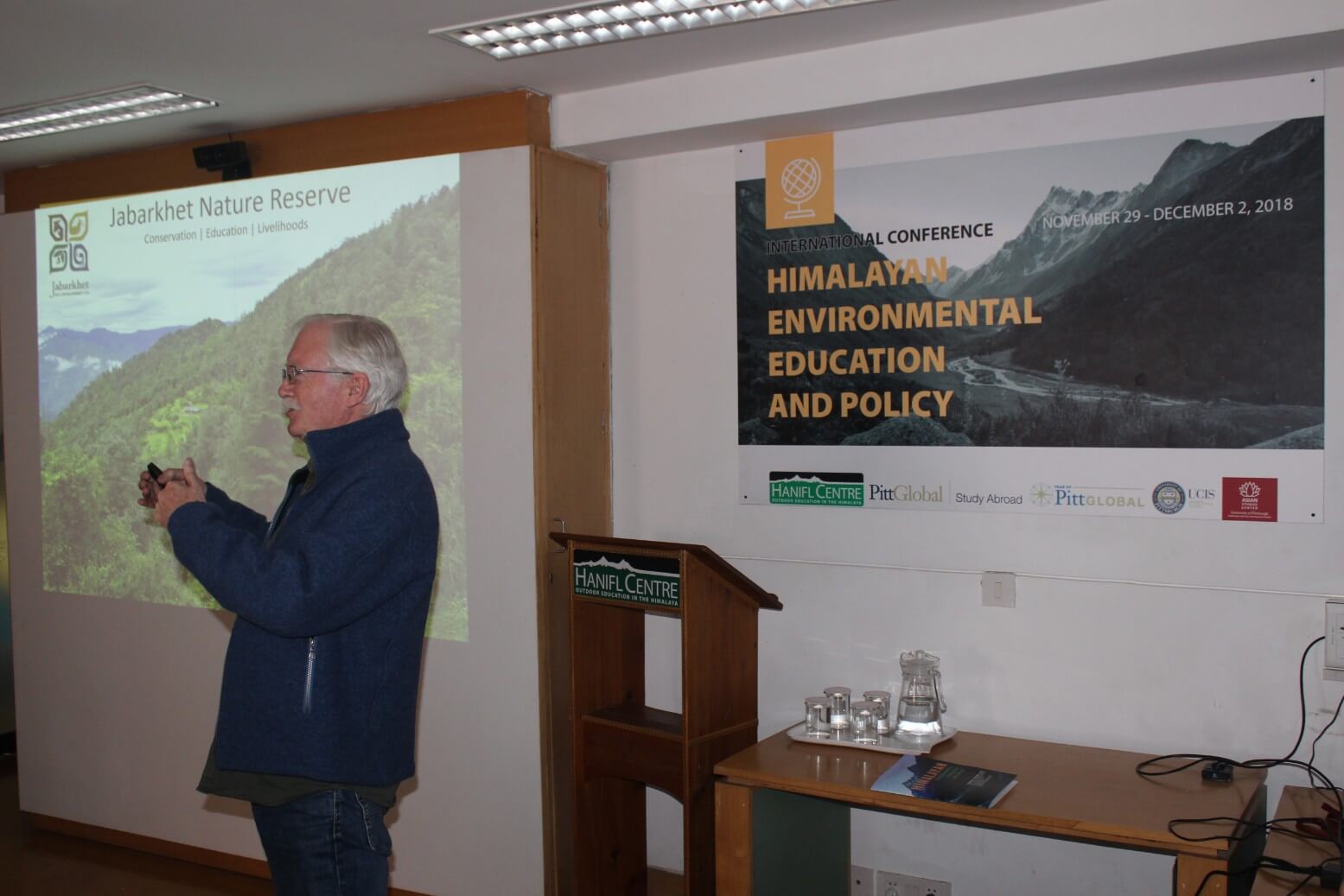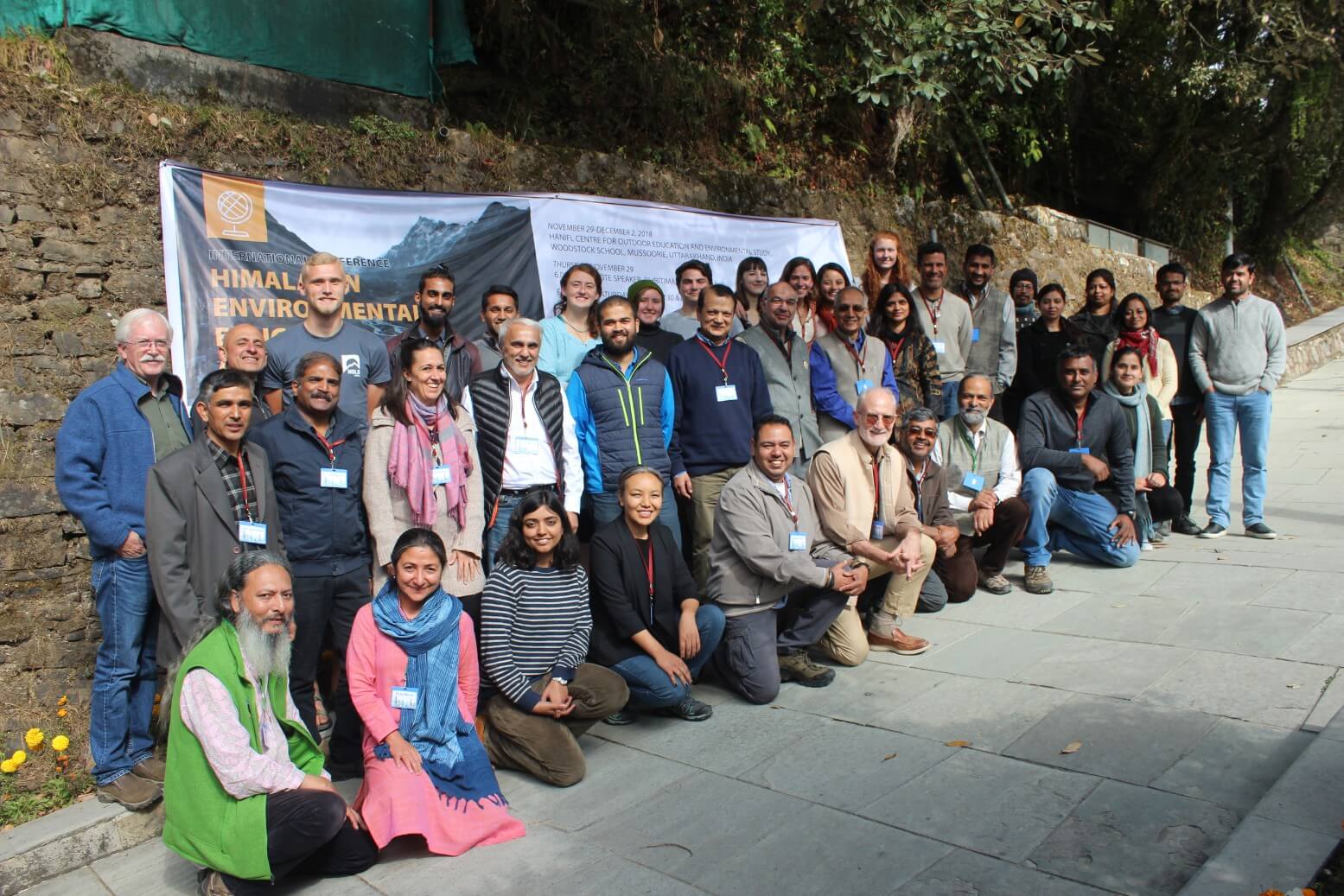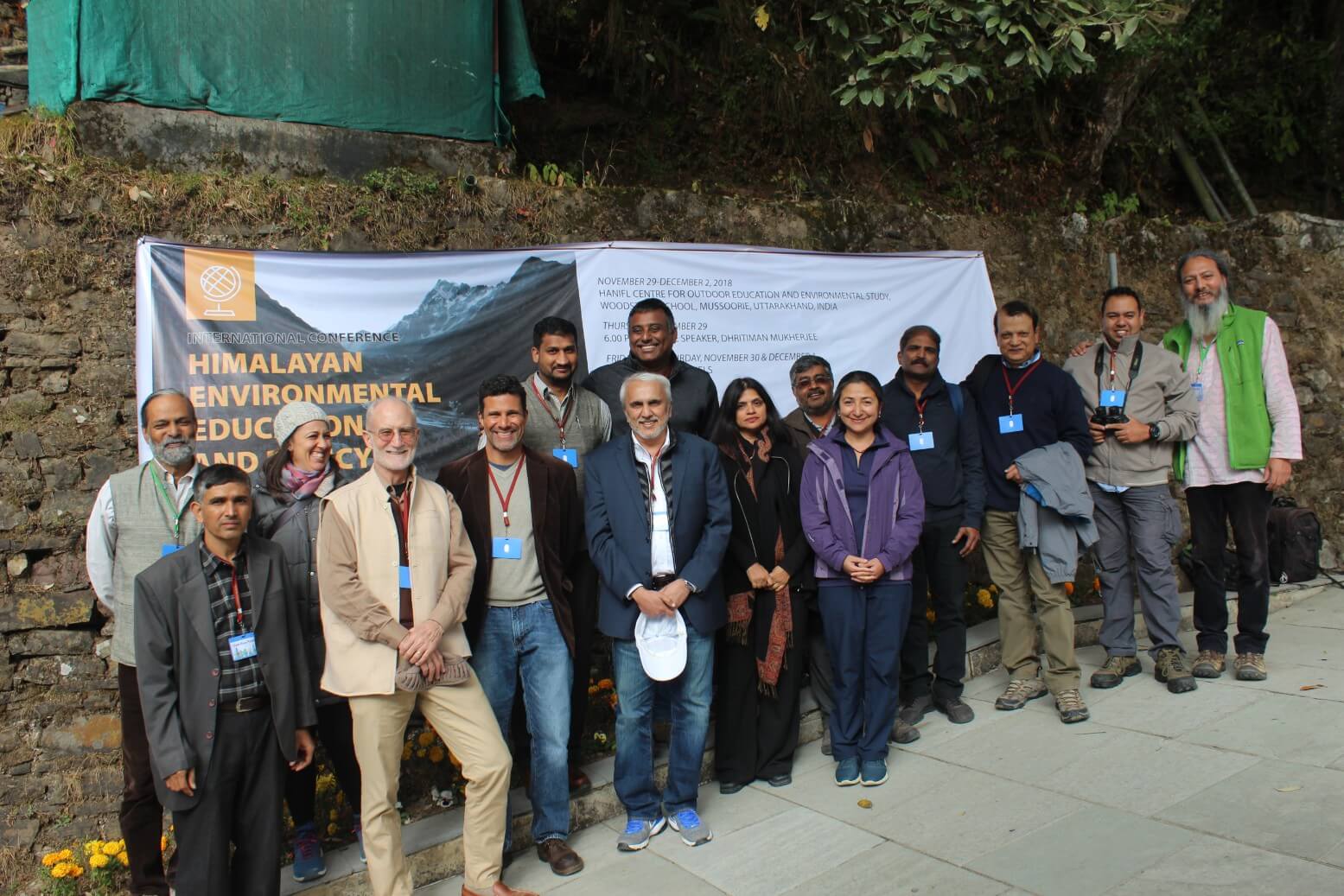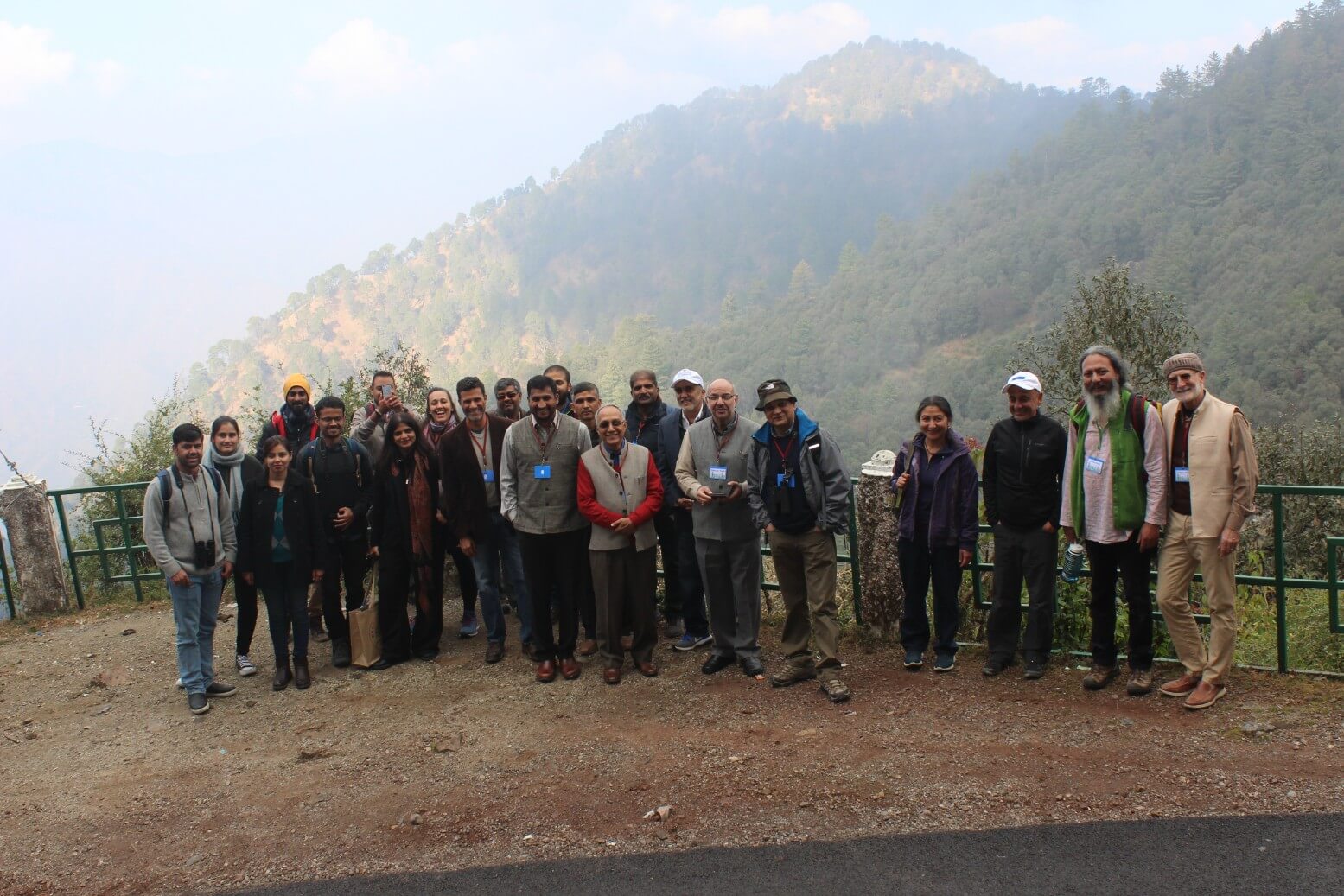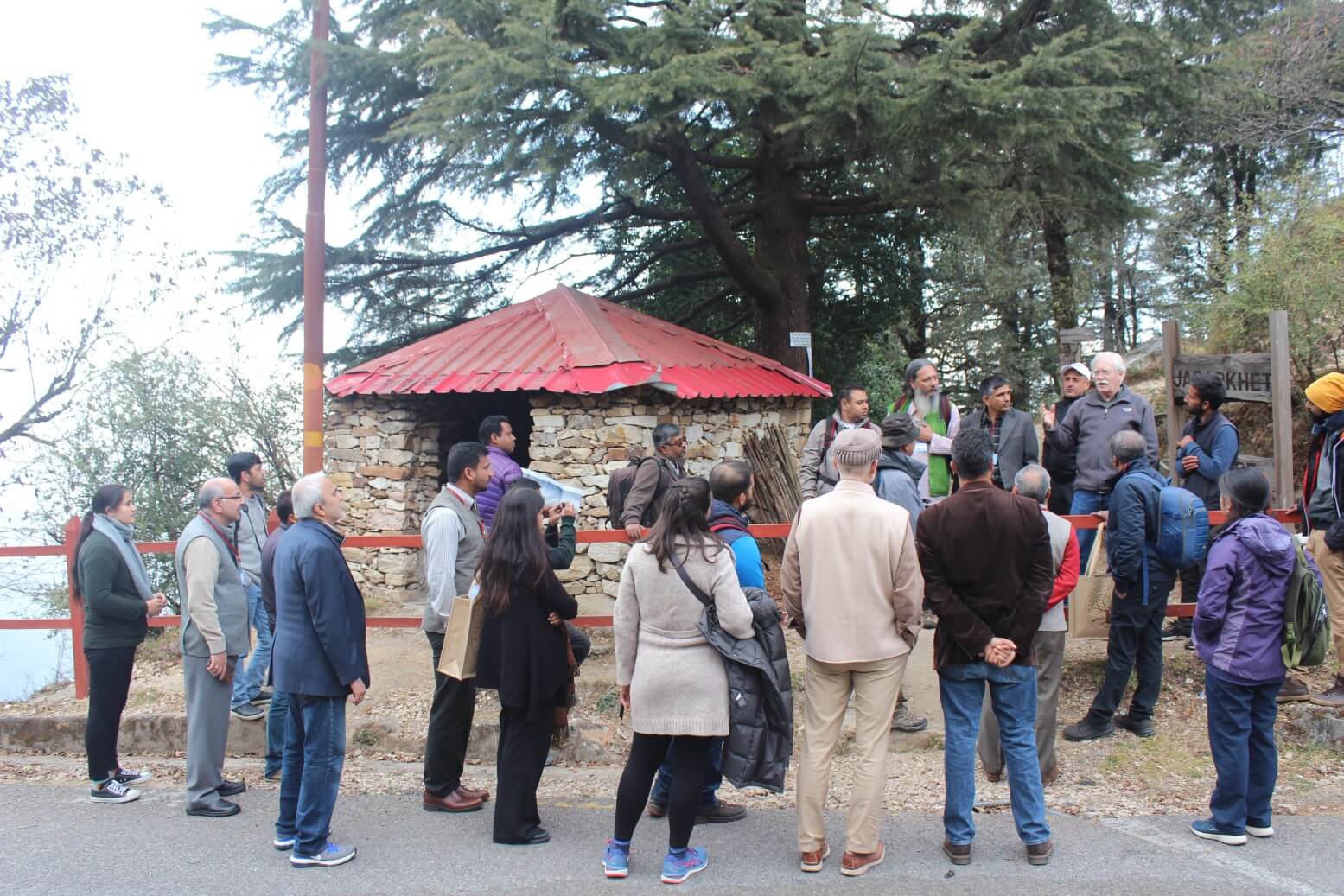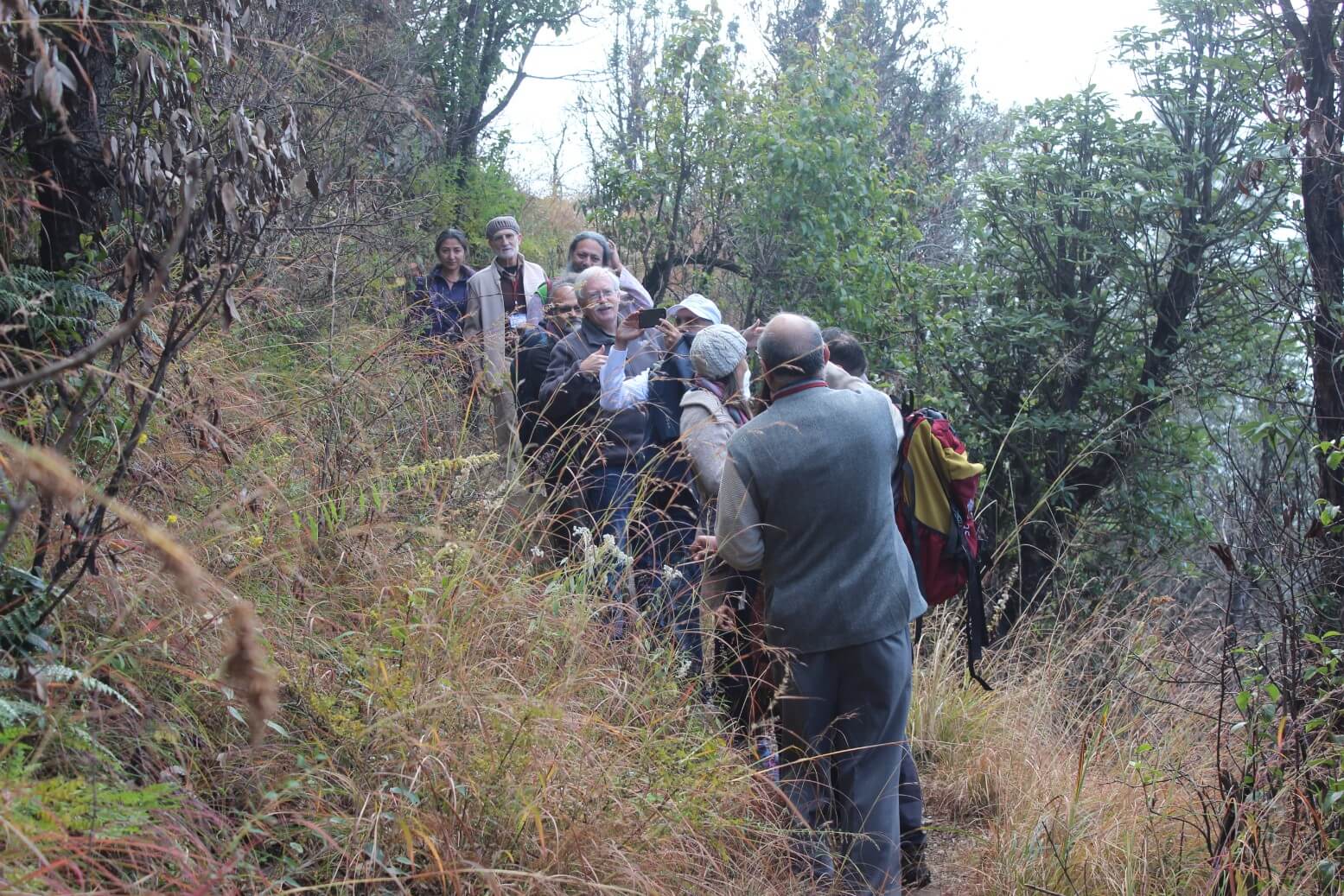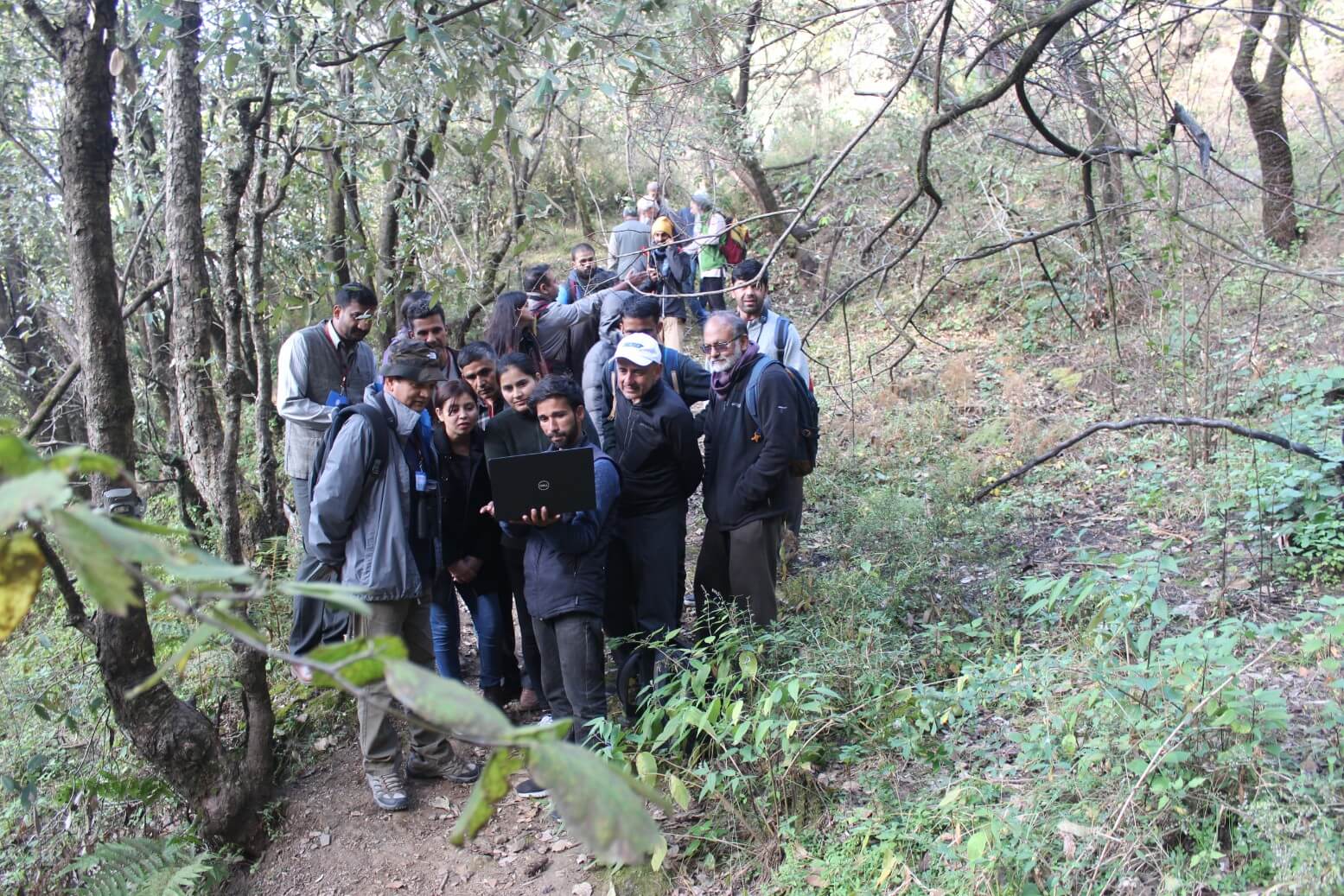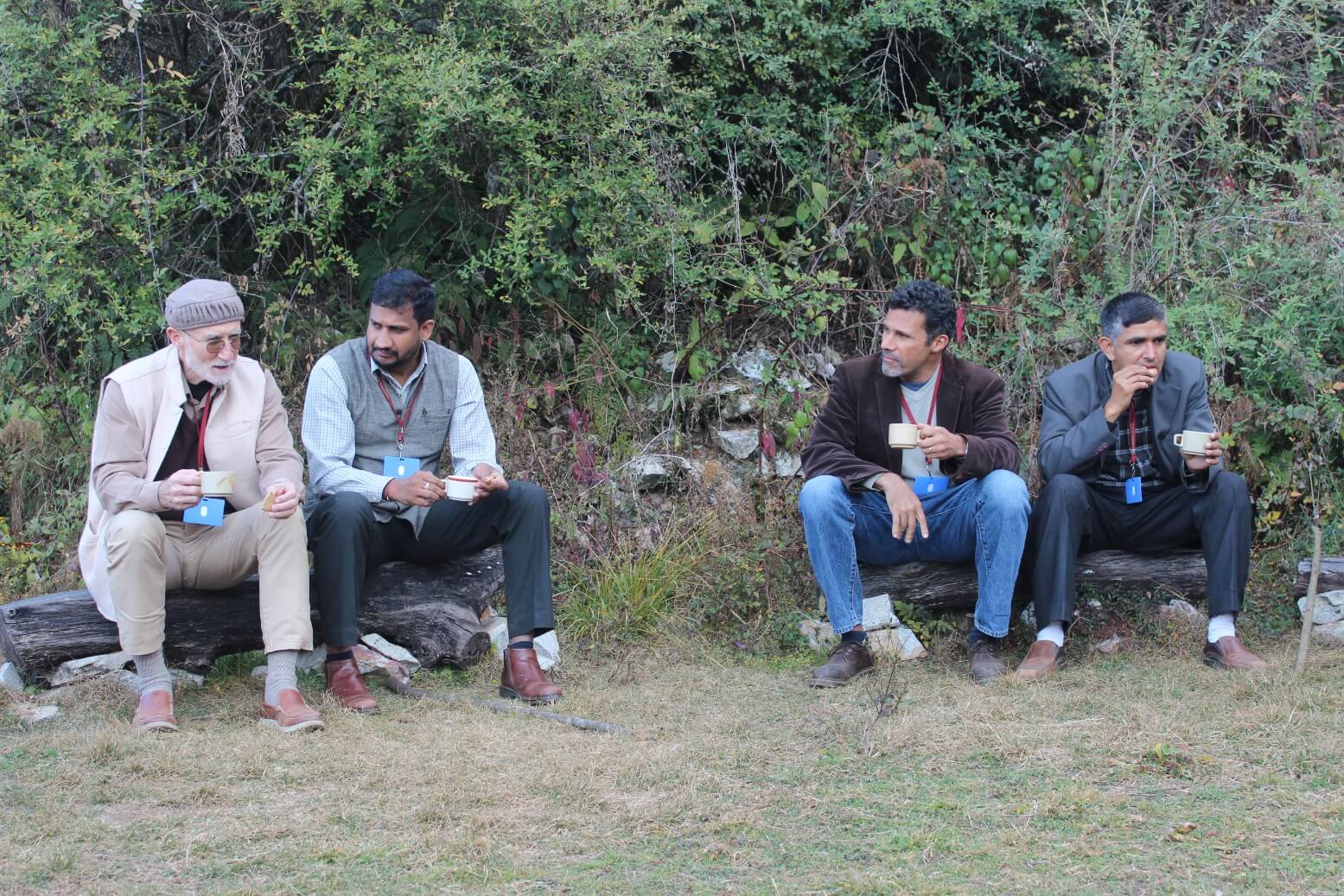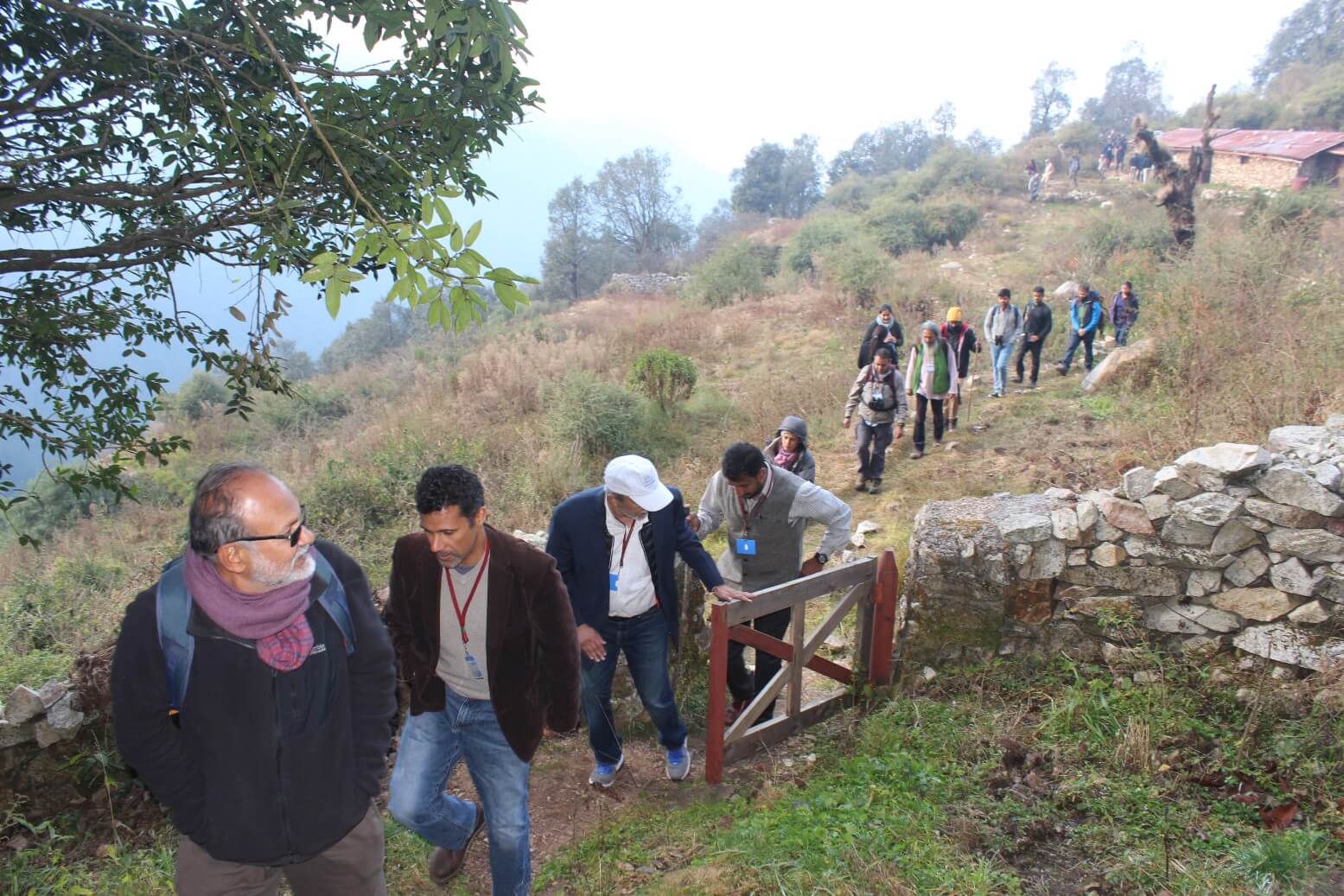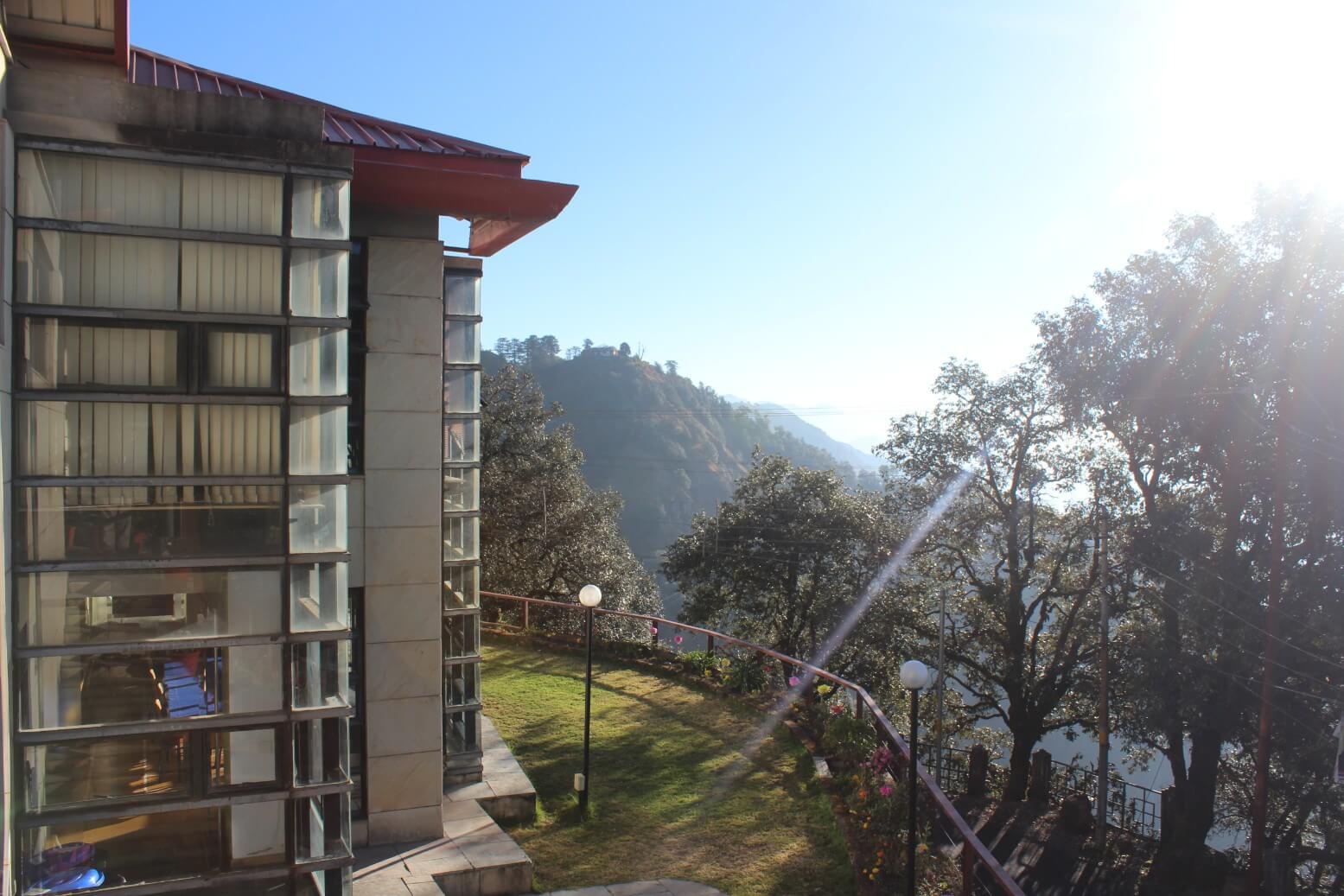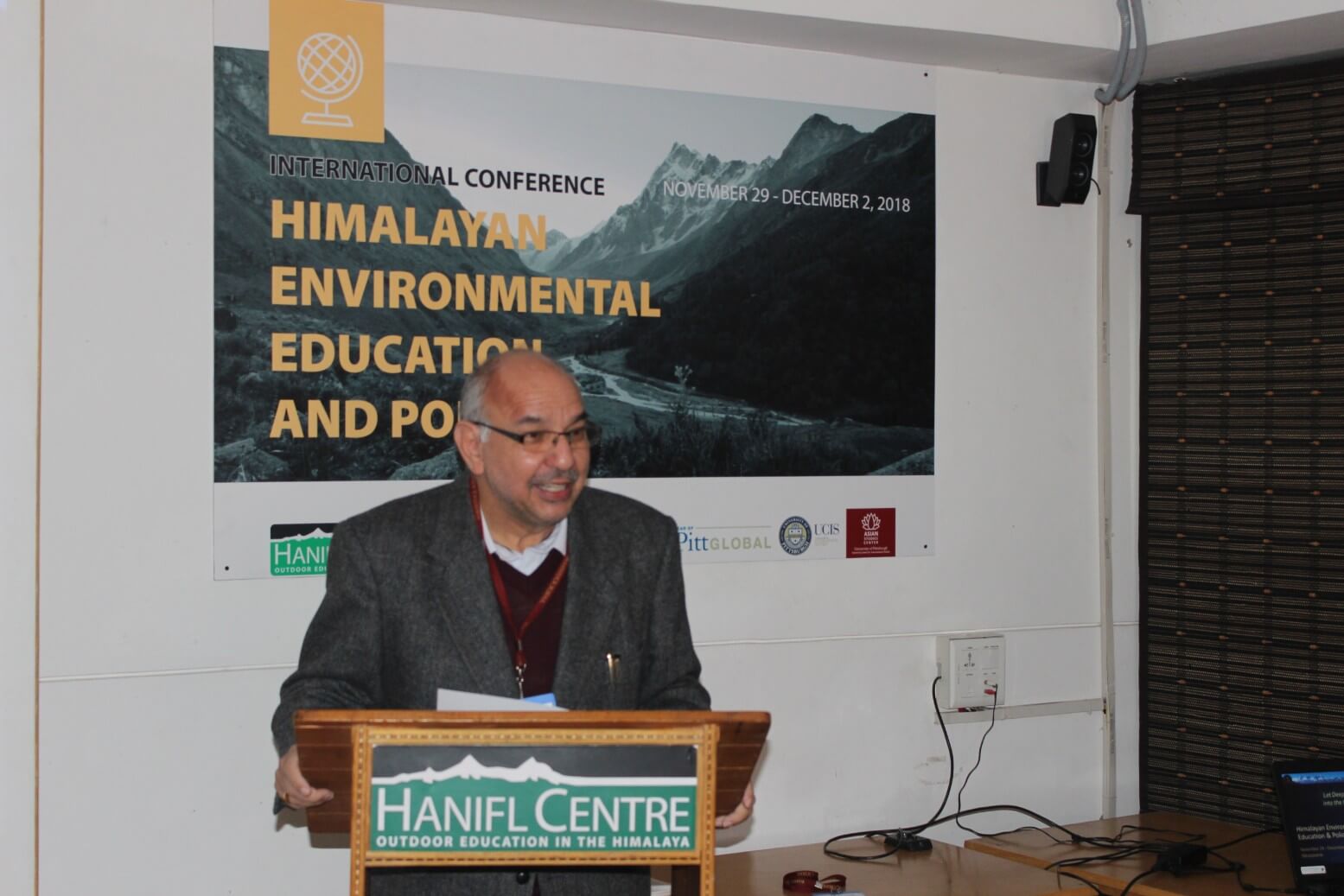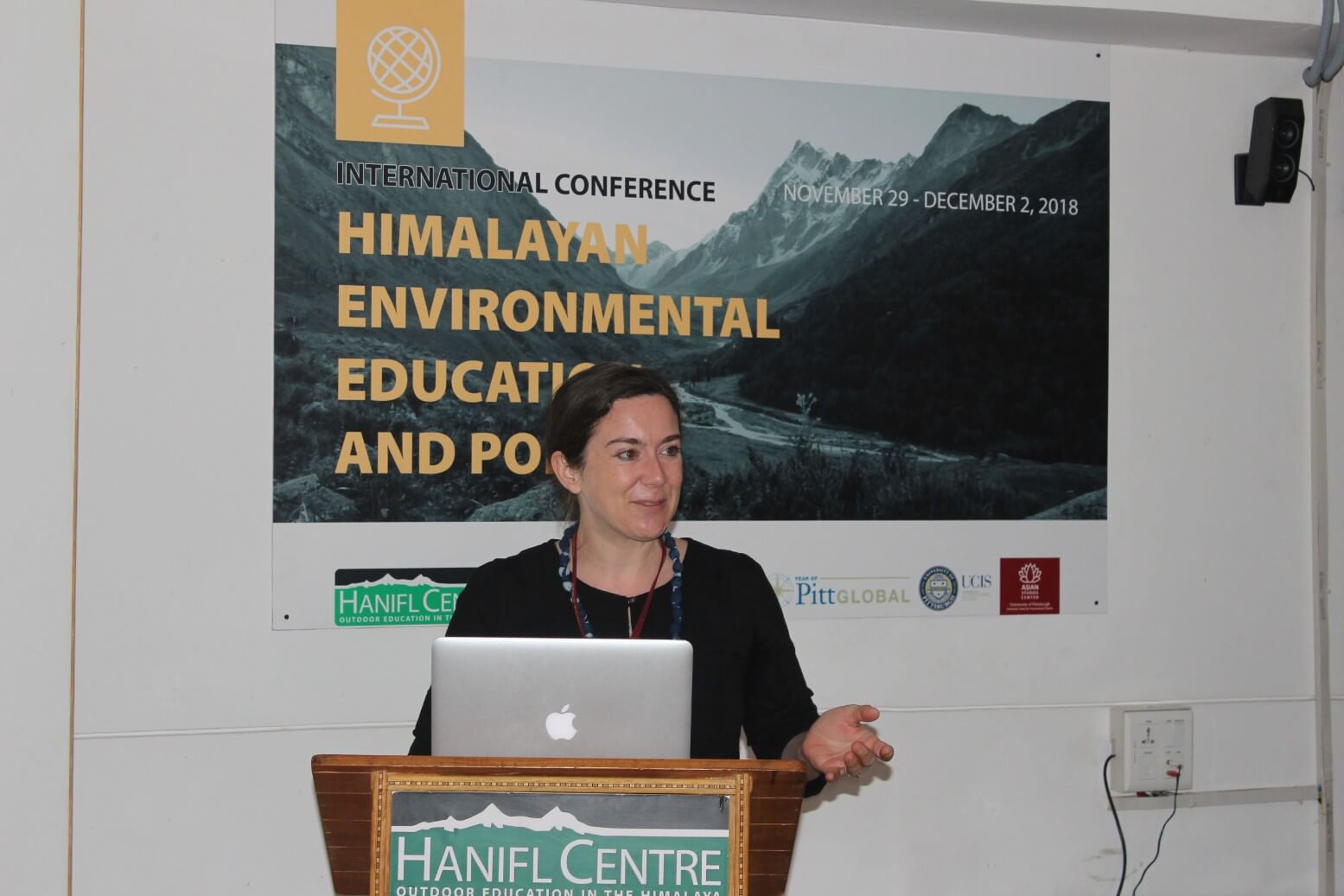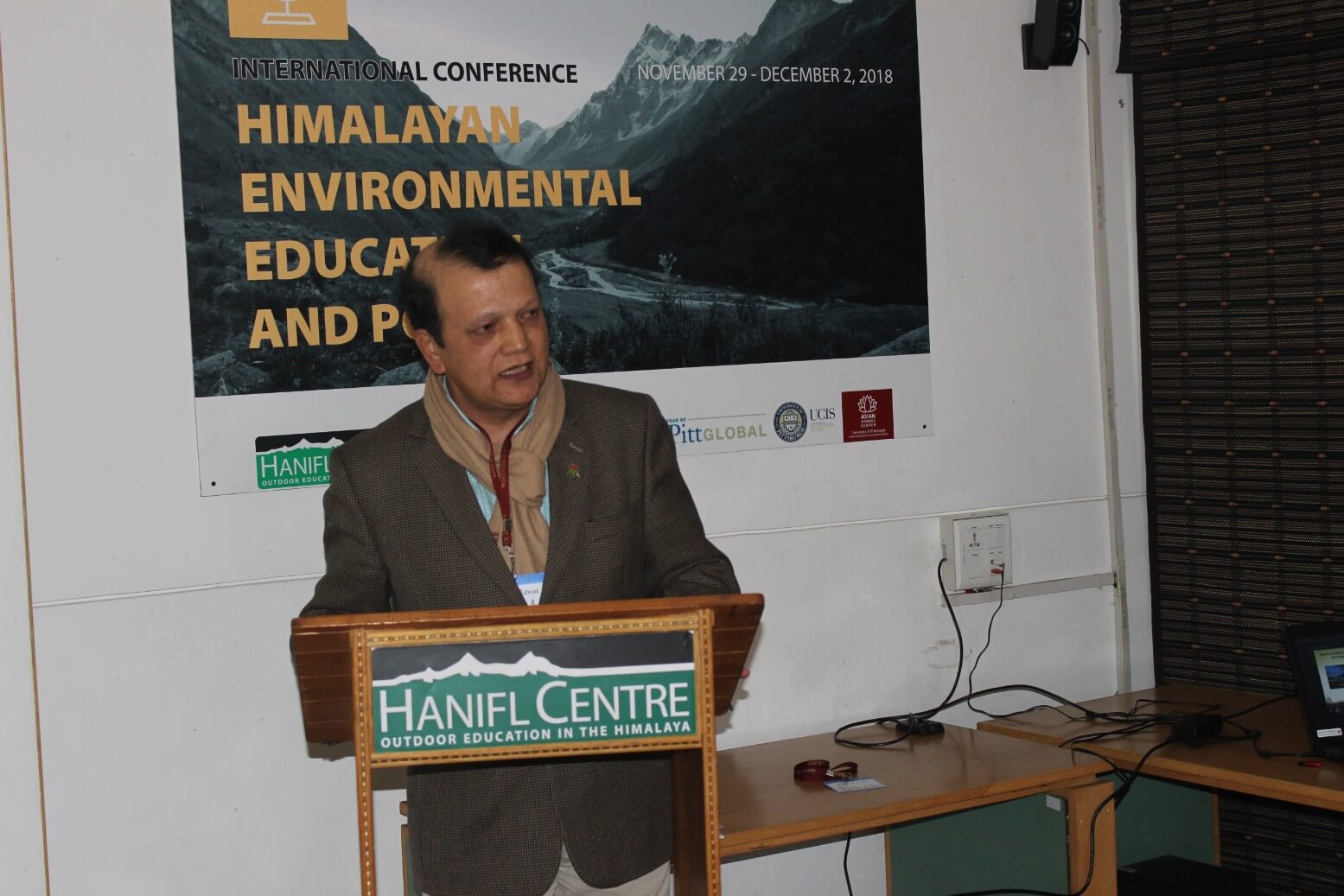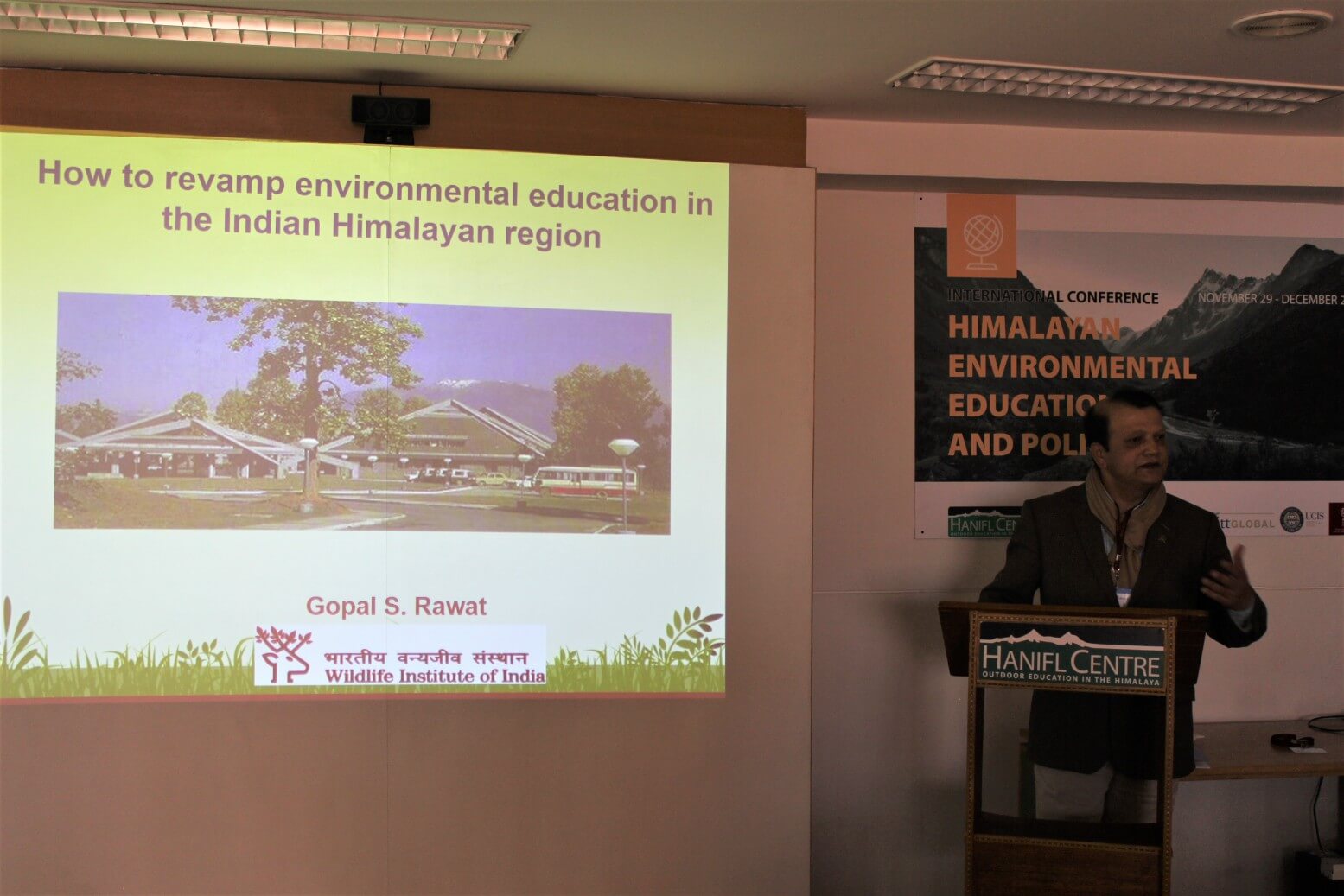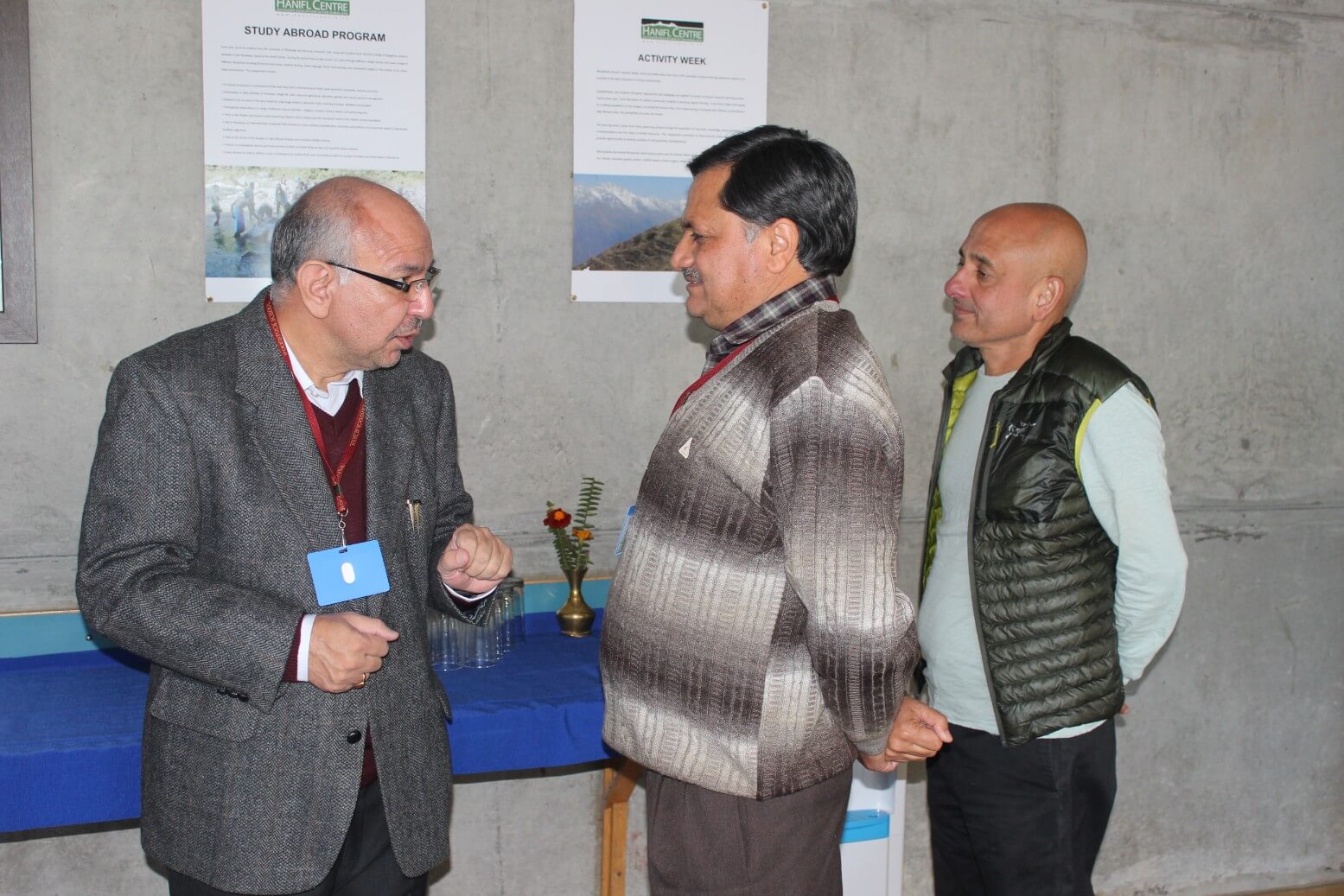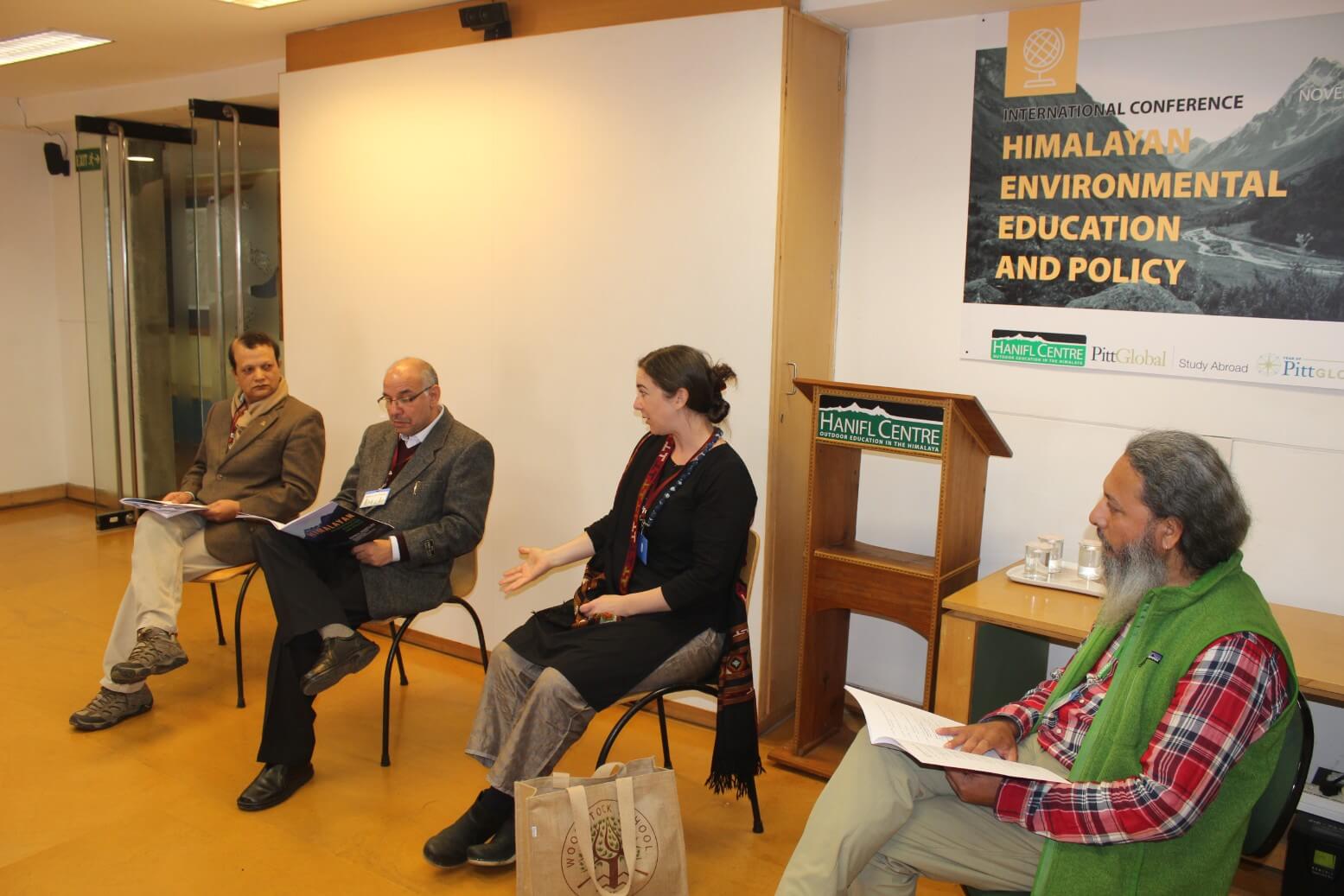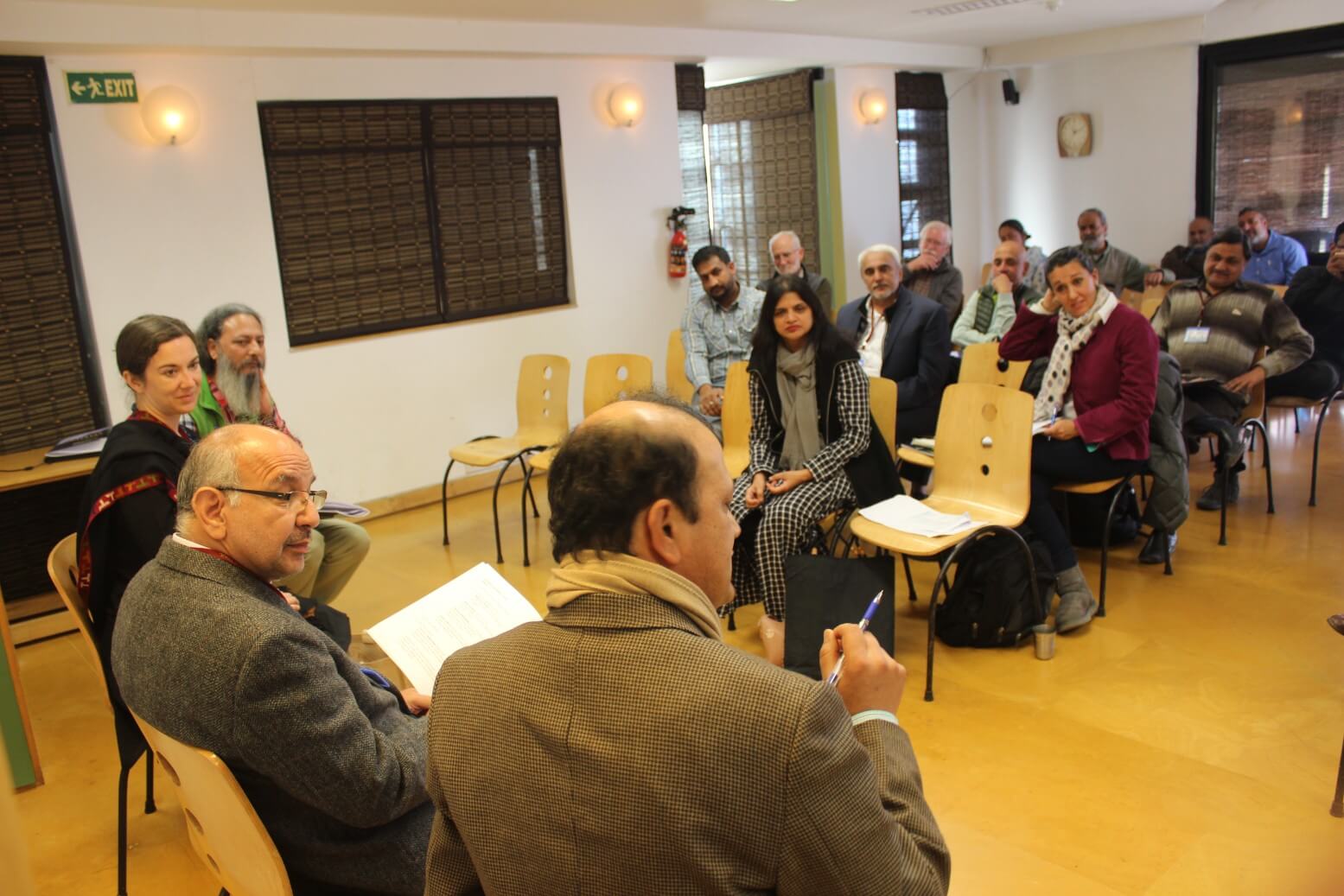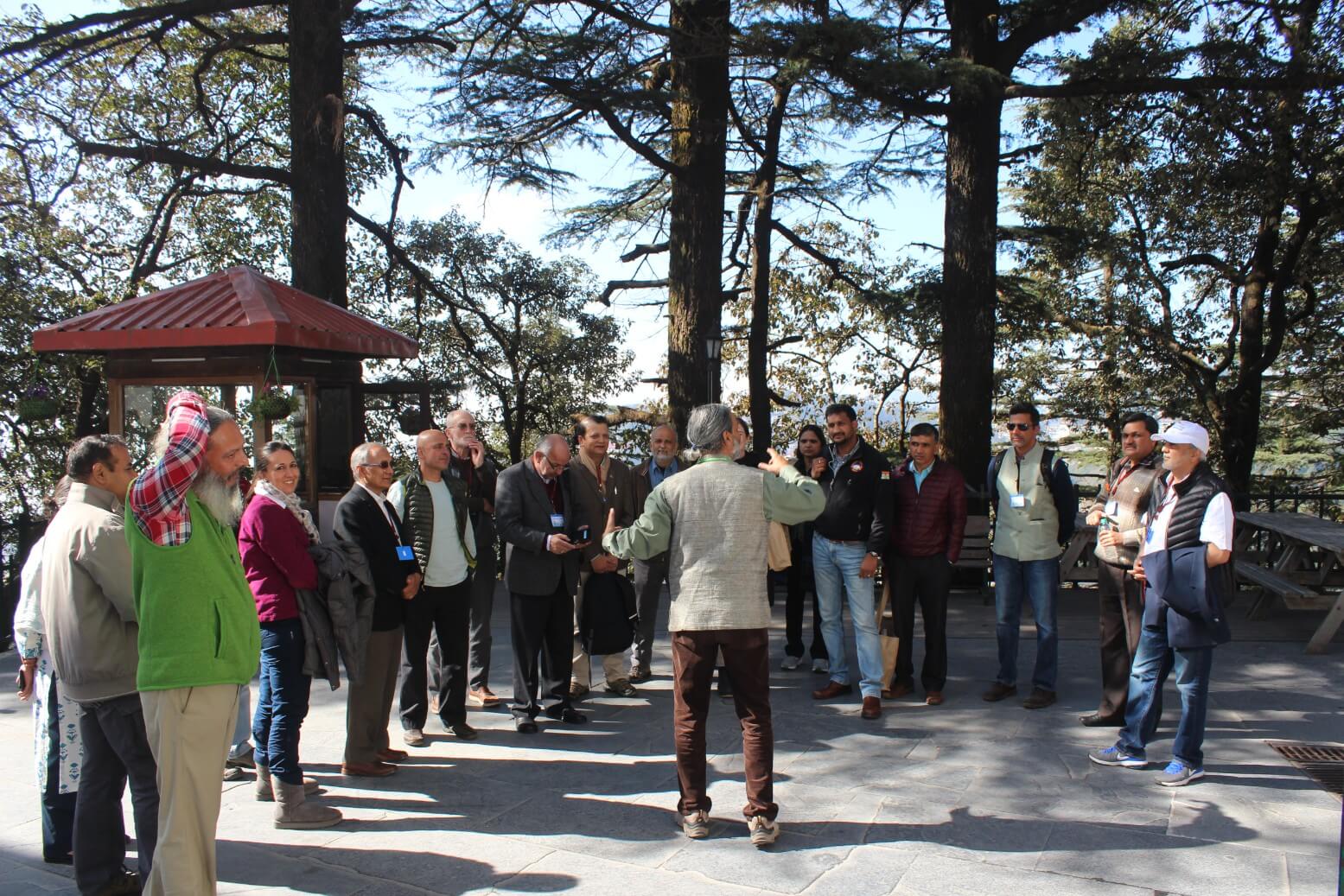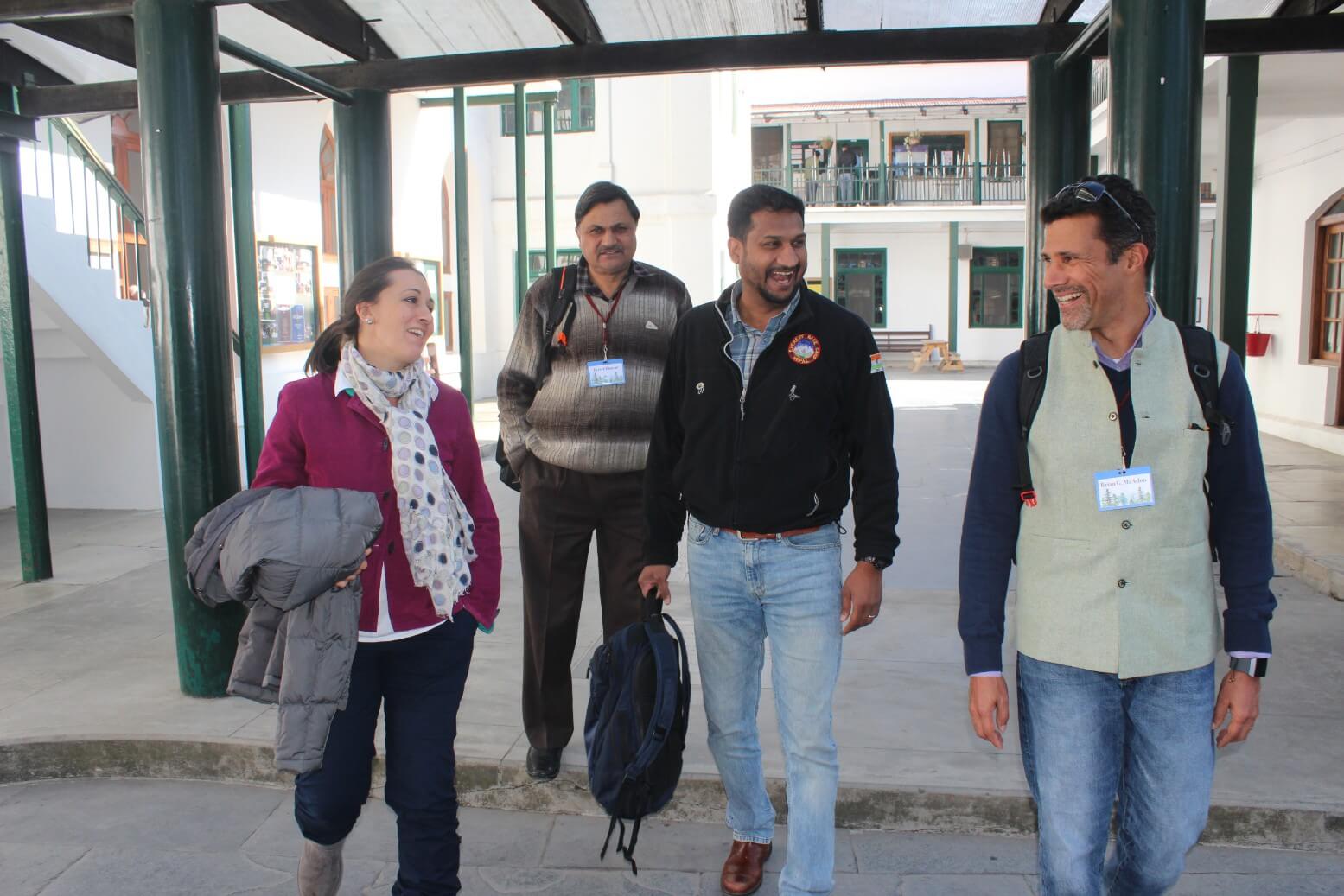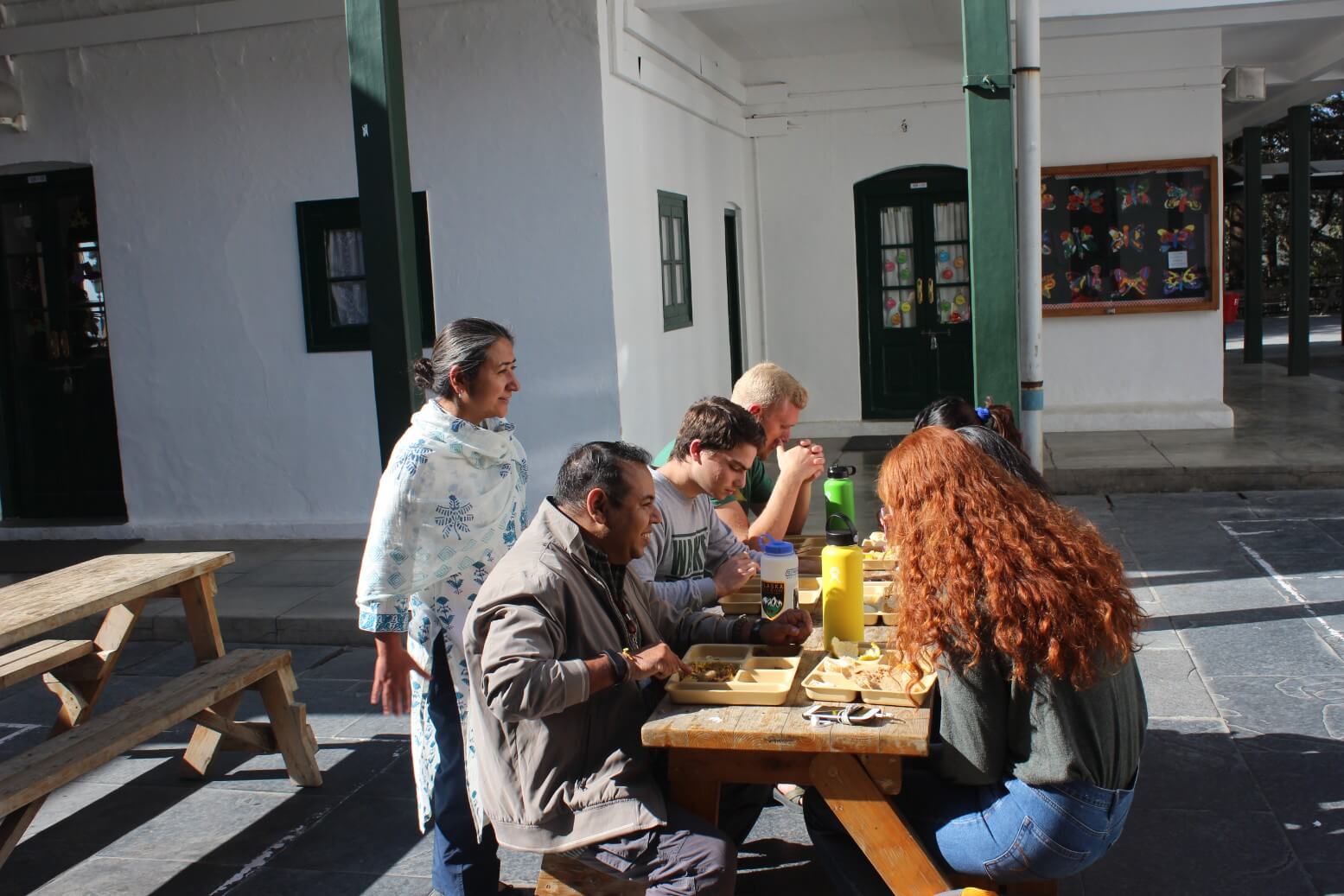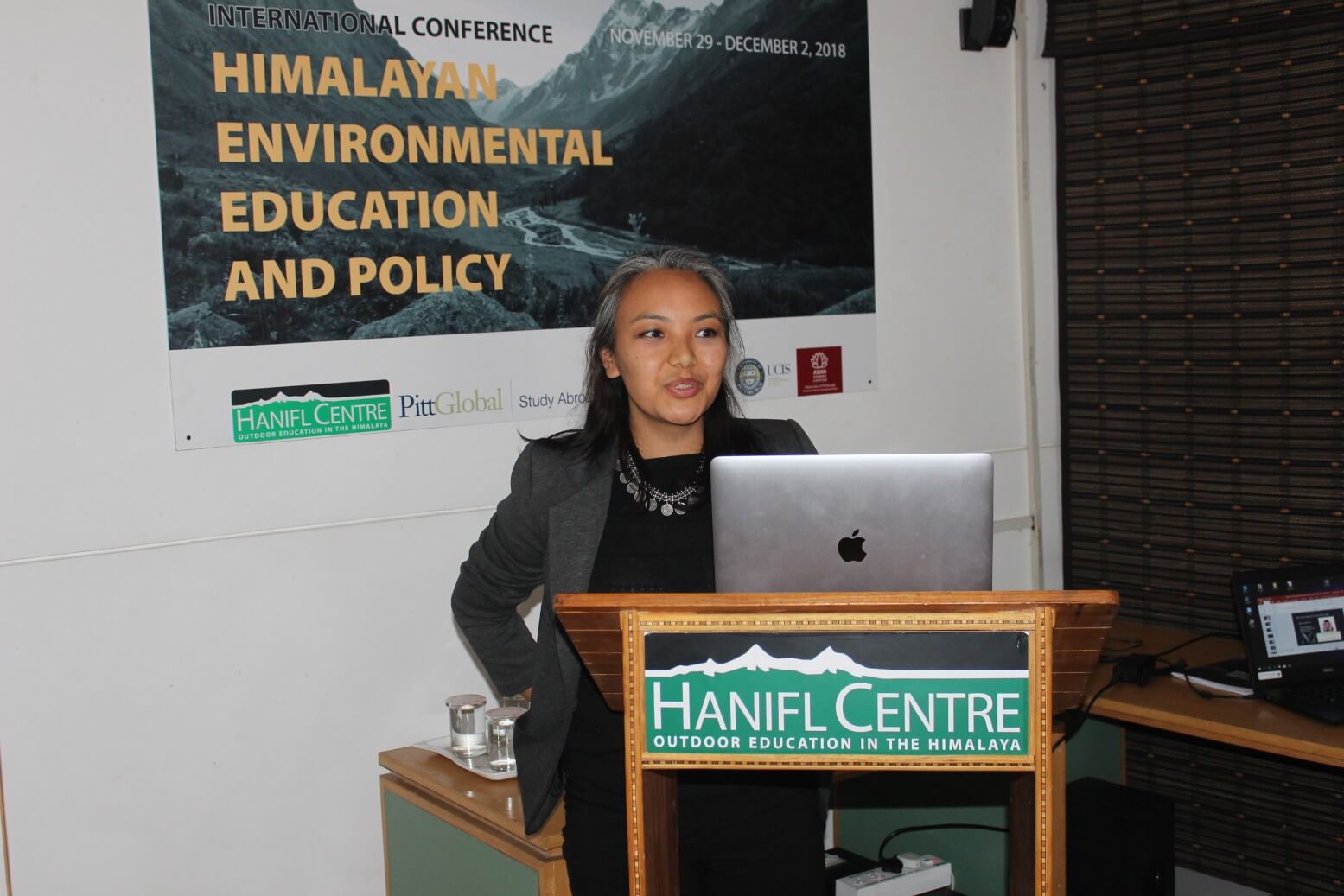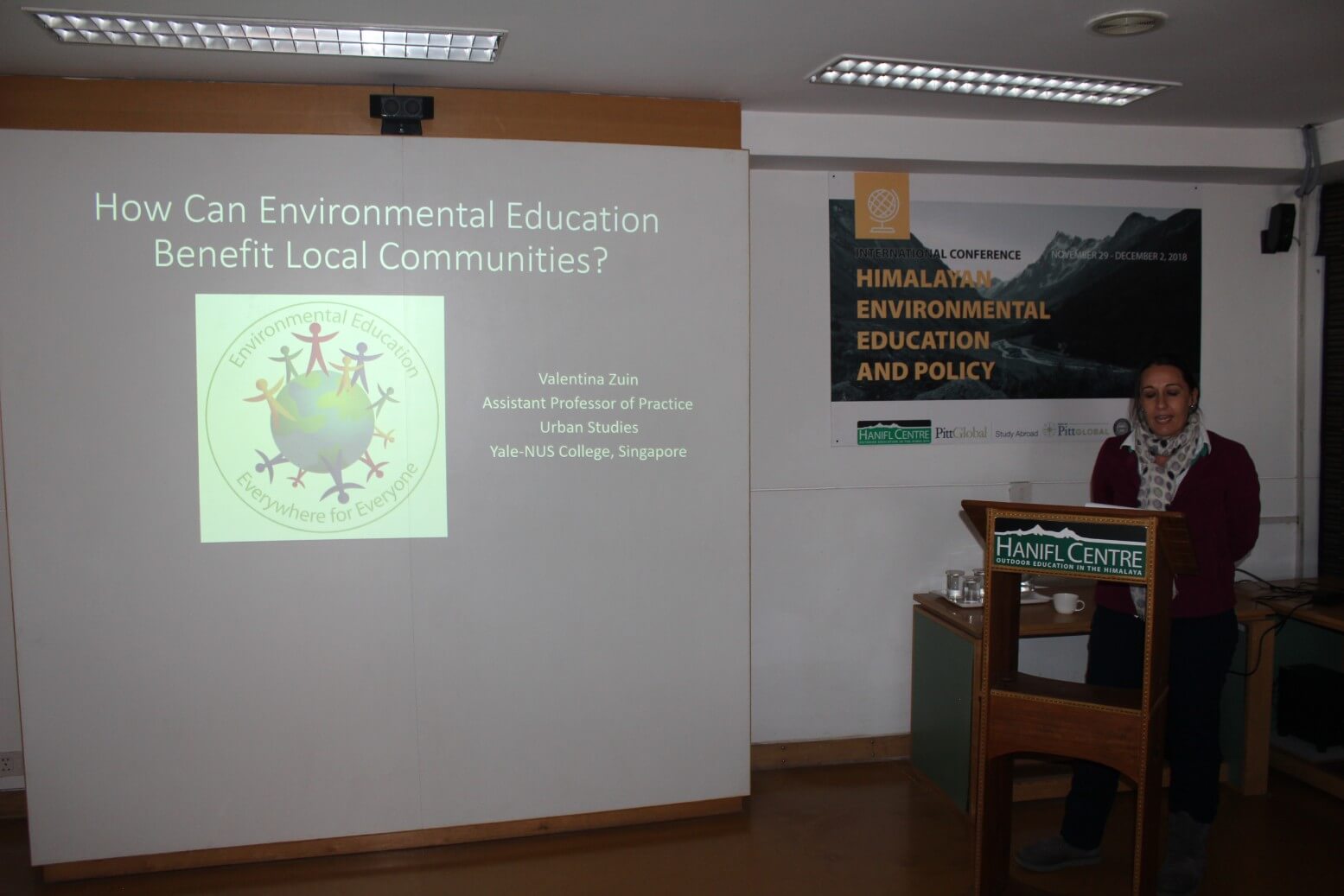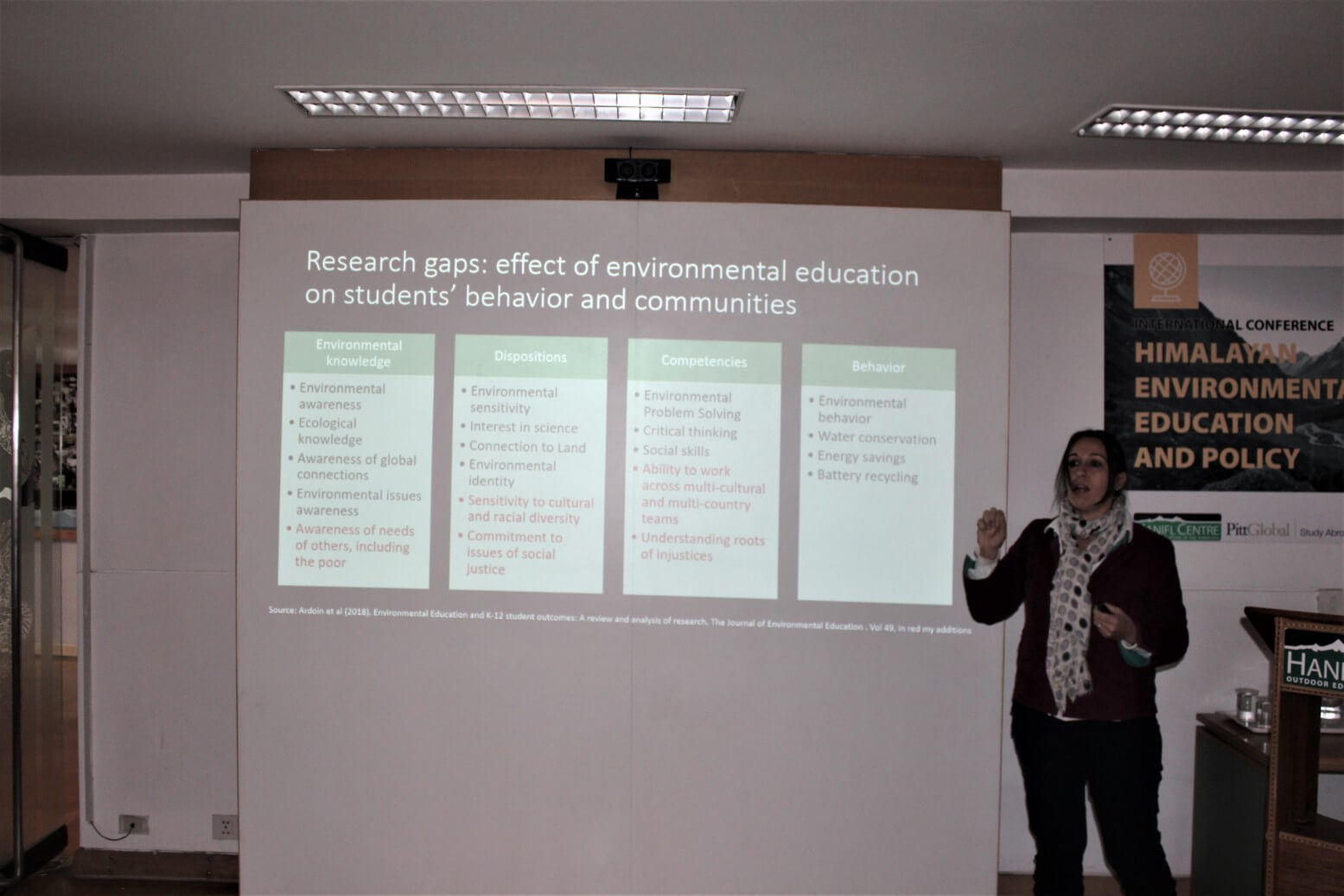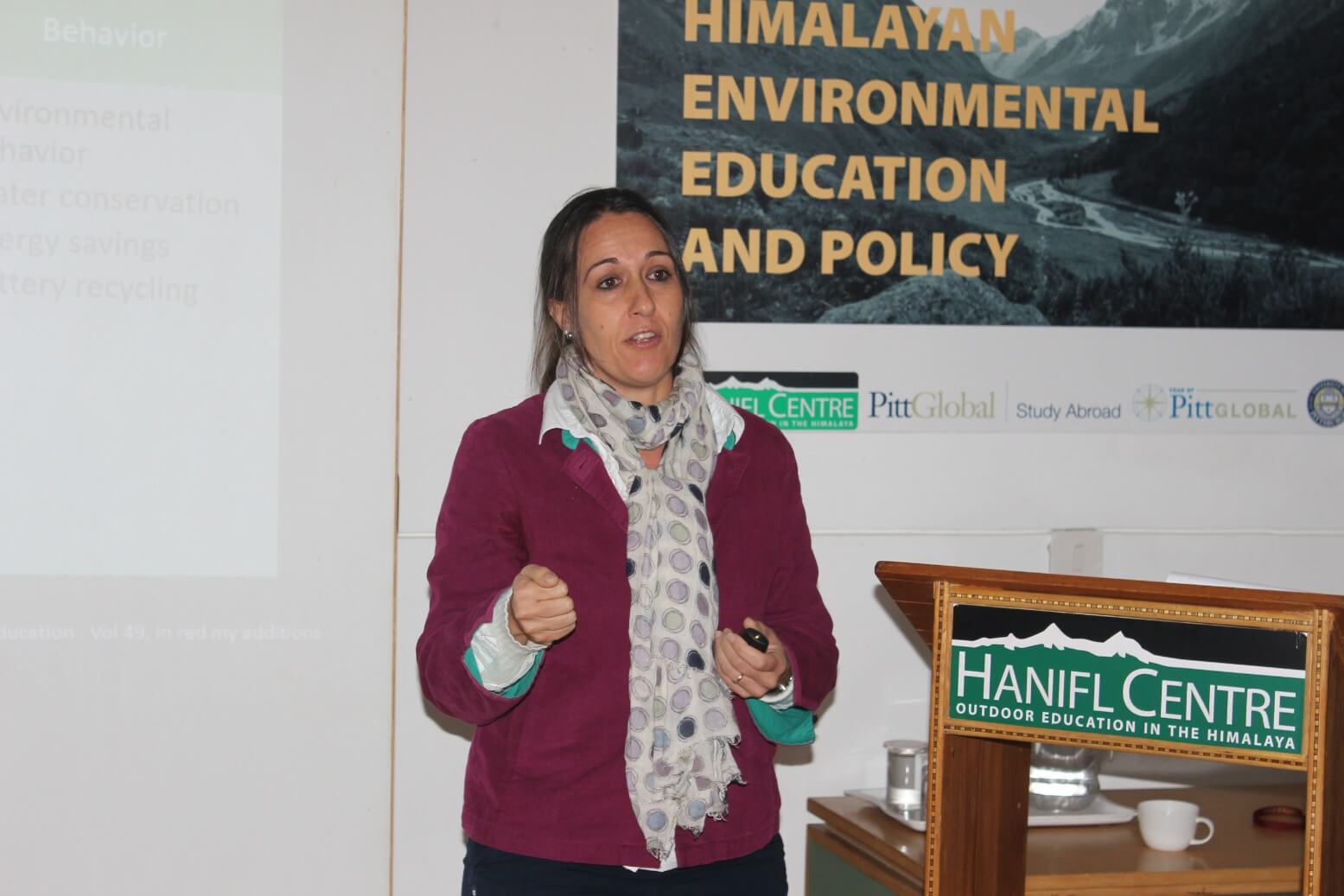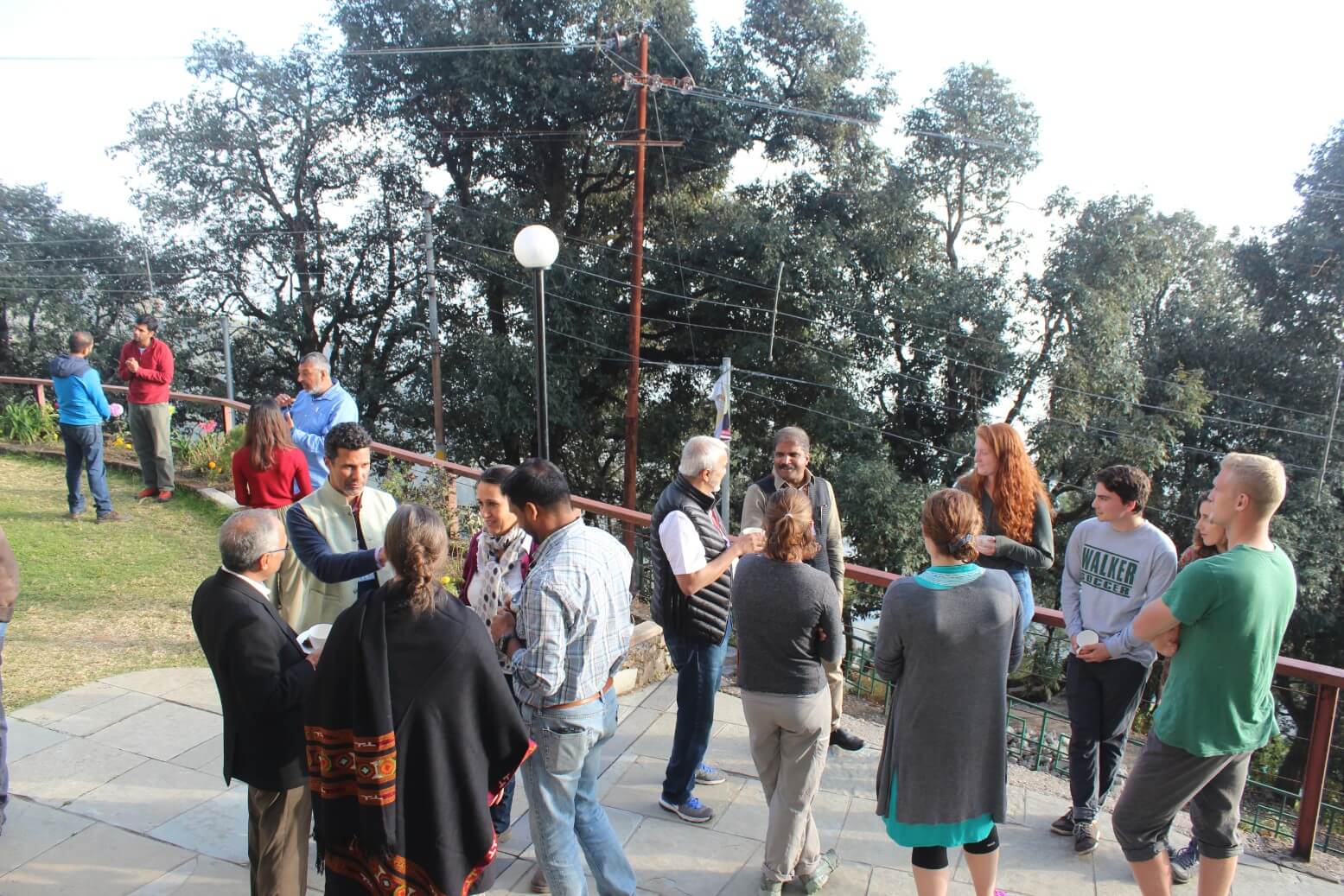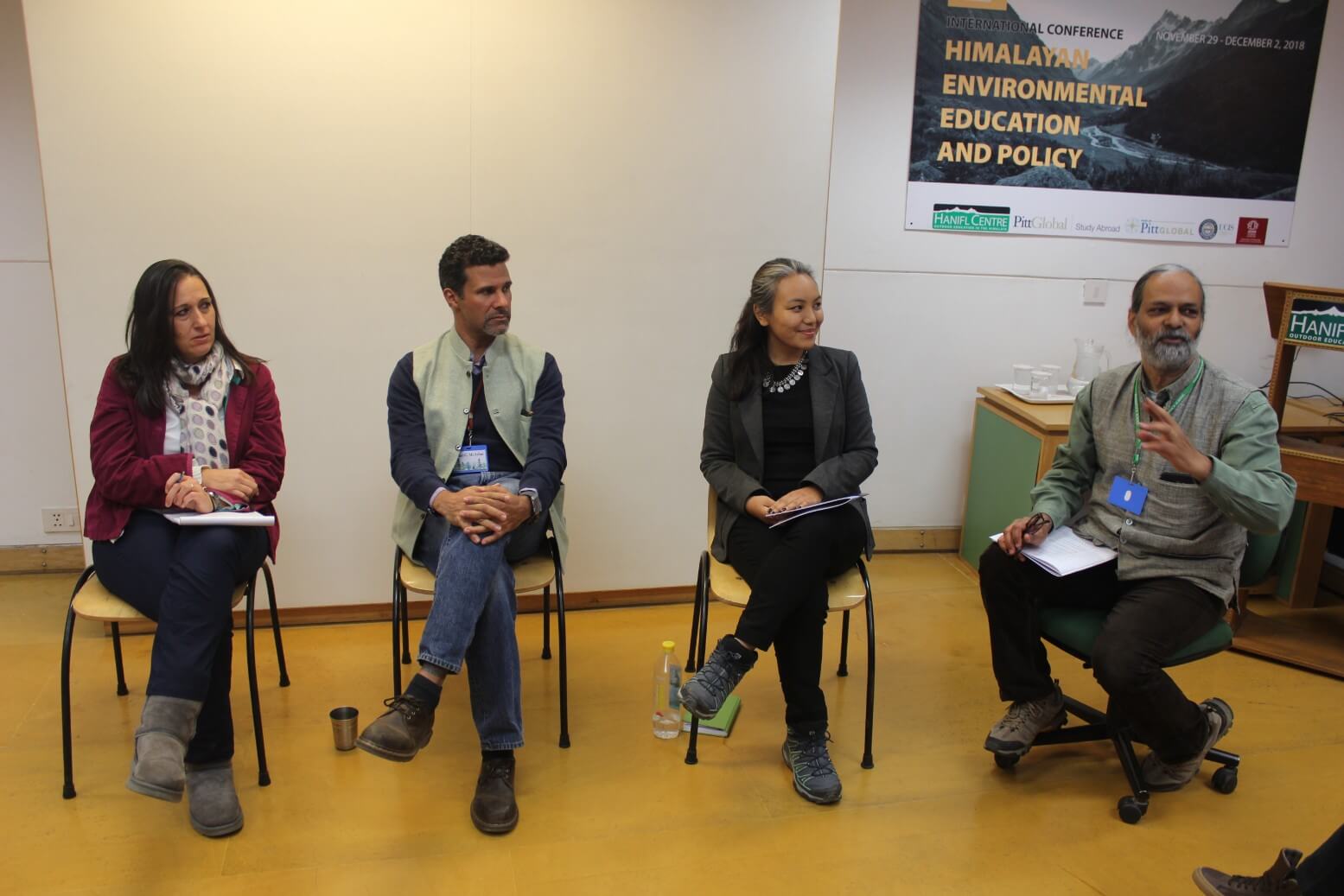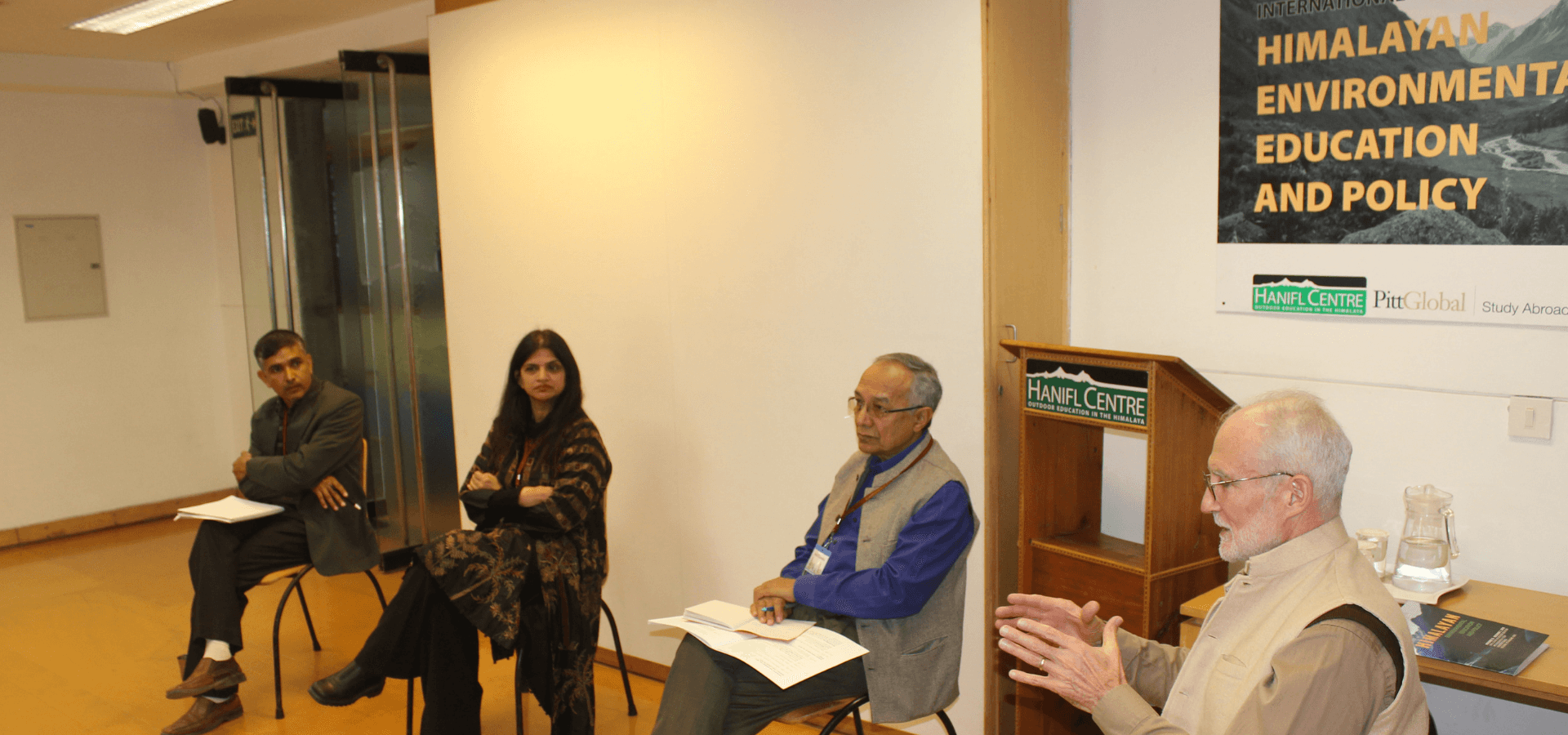Generous financial support for the conference has been provided by the Study Abroad Office, University of Pittsburgh; a Year of Pitt Global Grant from the University Centre for International Studies, University of Pittsburgh; Faculty Development Funds from the Dietrich School of Arts and Sciences, University of Pittsburgh; the Asian Studies Centre, University of Pittsburgh; and the Hanifl Centre for Outdoor Education and Environmental Study.
Goals and Agenda
The primary goal of this academic conferences is to develop a comprehensive, multi-disciplinary understanding of environmental problems in the Himalayan region, to formulate recommendations on how best to address these issues, and to develop strategies for educational development that will increase public understanding and awareness of Himalayan environmental challenges, both in India and elsewhere in the world. A secondary goal that builds on this is to develop strategies that will enable students at all levels of education to “learn from the Himalayas” through outdoor, experiential study and engaged participation in environmental programs. A third, practical goal is to use insights gained from the conference to enhance the curriculum of the three University of Pittsburgh study abroad programs that are based at the Hanifl Centre: Pitt in the Himalaya, Wilderness First Responders and Environmental Health, and CBA Outdoor Leadership.
Objectives
The objectives for the conference are to develop recommendations for the development of environmental educational programs for students in India as well as in other countries. A fundamental assumption is that increased public awareness based on education that produces an understanding of the nature and extent of environmental problems in the Himalaya will be critical to the development and implementation of effective policies. It is anticipated that the conference will produce informed insight on experiential educational programs that take advantage of the Himalayan region as a vast, outdoor classroom, highlighting the challenges of climate change and the importance of conservation and sustainable, environmentally conscientious development.
Panelists and Moderators
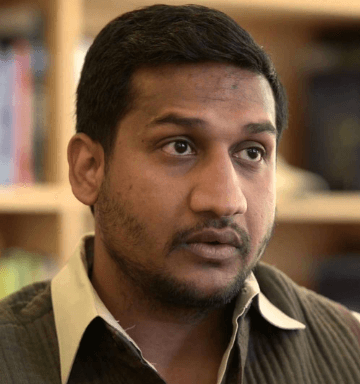
Alark Saxena

Brian G McAdoo
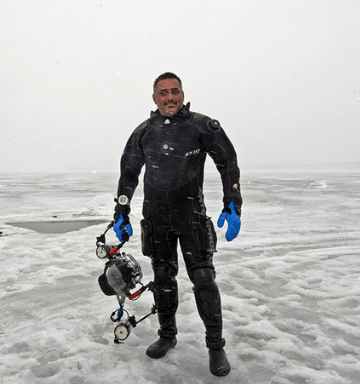
Dhritiman Mukherjee
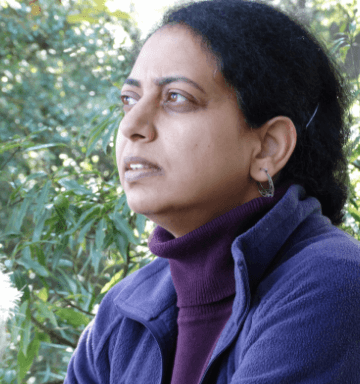
Ghazala Shahabuddin

Gopal S Rawat
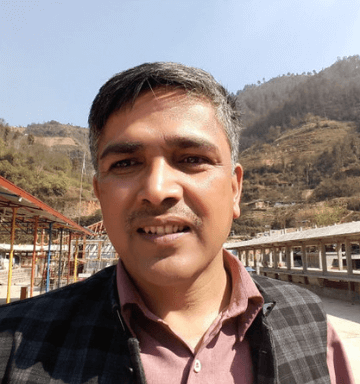
Jiban Poudel

Kathryn Hardy

Kireet Kumar

Maharaj K Pandit

Mahesh Rangarajan

Pasang Sherpa

Ravina Aggarwal
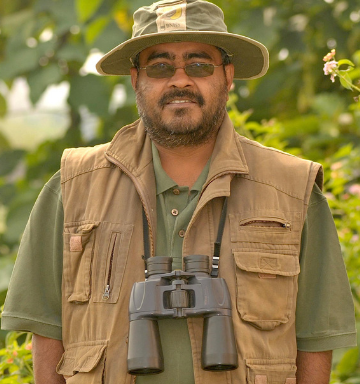
Sanjay Sondhi

Sejal Worah

Sushil Ramola

Valentina Zuin
Programme and Panel Details
12:00 PM - 03:30 PM - Arrival at Claridges Nabha Palace
03:30 PM - Transfer from Claridges to Hanifl
04:00 PM - 05:00 PM - Tea, Hanifl Centre
05:00 PM - 05:30 PM - Orientation, Hanifl Centre
06:00 PM - 07:00 PM - Keynote, Hanifl Centre
- Introduction: Stephen Alter
- Dhritiman Mukherjee: A Visual Journey Through Himalayan Biodiversity
07:30 PM - Reception and Welcome Dinner, Hanifl Centre (By invitation)
08:15 AM - Transfer from Claridges to Hanifl Centre
09:00 AM - 09:15 AM - Welcome and Thanks
09:15 AM - 10:30 AM - Presentations
- Sushil Ramola: Sustainable Mountain Development
- Jiban Mani Poudel: Himalayan Environment: A School to Promote Sustainable Development
- Ravina Aggarwal: Rivers of Resilience in the Himalayas
10:30 AM - 11:00 AM - Tea Break
11:00 AM - 12:00 PM - Discussion
- Moderator: Joseph S. Alter, University of Pittsburgh
- Questions: How does an appreciation for indigenous knowledge in the Himalaya change the way in which environmentalism is understood on different levels: locally, regionally, nationally and globally?
- How should we integrate Himalayan indigenous knowledge into education and policy?
12:30 PM - 01:30 PM - Lunch, Hanifl Centre
02:00 PM - 05:30 PM - Guided tour of Jabarkhet Nature Reserve
05:30 PM - Transfer from JNR to Claridges for Panelists
07:00 PM - Dinner, Claridges Nabha Palace (By invitation)
08:00 AM - Transfer from Claridges to Hanifl
08:45 AM - 10:30 AM - Presentations
- Maharaj K. Pandit: Let Deep Science Seep Deeper into the Himalayan Civil Society
- Kathryn Hardy: Dirt and the Buffalo: Purity, Pollution, and Interspecies Lifeworlds in Varanasi
- Ghazala Shahabuddin: People, Birds and Forests in the Himalayas: A Blueprint for Conservation.
- Gopal S. Rawat: Strategies to Revamp Environmental Education in the Indian Himalayan Region.
10:30 AM - 10:45 AM - Tea Break
10:45 AM - 11:30 AM - Discussion
Moderator: - Akshay Shah, Hanifl Centre
Questions: - How do human/non-human animal relations in the Himalaya change the way in which we understand ecology and the environment?
Is biodiversity in the Himalaya different from biodiversity in other contexts and environments? What are the specific challenges that face conservation efforts in the Himalayan region?
11:30 AM – 11:45 AM - Transfer from Hanifl to Woodstock School for Panelists
11:45 AM – 12:30 PM - Tour of Woodstock School
12:30 PM – 01:15 PM - Lunch at Woodstock School
01:30 PM – 01:45 PM - Transfer from Woodstock to Hanifl Centre for Panelists
02:00 PM – 03:30 PM - Presentations
Pasang Yangjee Sherpa - Climate Change in Sacred Himalaya
Brian G. McAdoo - How Do Geohazards Affect Humans and Humans Affect Geohazards? Examples from the Anthropocene
Valentina Zuin - How Can Environmental Education Benefit Local Communities?
Mahesh Rangarajan - Nature and Nation: History and Ecology in the New Century
03:30 PM – 04:00 PM - Tea Break
04:00 PM - 05:00 PM - Discussion
Moderator - K. Krishnan Kutty, Hanifl Centre
Questions - How do geology, topography and landscape shape our understanding of the environment and environmental problems in the Himalaya? How can we use cosmology, mythology, geological time and ecological history in the Himalaya to better understand and teach about the environment?
06:00 PM - 09:00 PM - Reception and Dinner, Oakville (By invitation)
08:00 AM - Transfer from Claridges to Hanifl for Panelists
09:00 AM - 10:30 AM - Presentations
Sejal Worah - The Himalayas: Searching for Sustainable Development
Kireet Kumar - Monitoring and Management of Water Resources in Western Himalaya
Alark Saxena - Sustaining Himalayan Diversities: A Call for Interdisciplinarity
Sanjay Sondhi - Promoting Sustainable Community-Based Conservation and Livelihood Programs in the Himalayas: Opportunities and Challenges
10:30 AM – 10:45 AM - Tea Break
10:45 AM – 11:30 AM - Discussion
Moderator - Suniti Bhushan Datta, Hanifl Centre
Question - What are the ethical and moral standards for environmental activism in the Himalaya? How should we understand sustainable development as a framework for environmental activism? If development is sustainable, can it benefit everyone? If not, who -- or what -- should benefit from Himalayan sustainable development projects?
11:30 AM – 12:00 PM - Wrap-up and Debrief
Joseph S. Alter, University of Pittsburgh
K. Krishnan Kutty, Hanifl Centre
12:30 PM – 01:30 PM - Lunch
01:30 PM - Transfer from Hanifl Centre to Claridges
Departure on Airline Schedule
Glimpses
